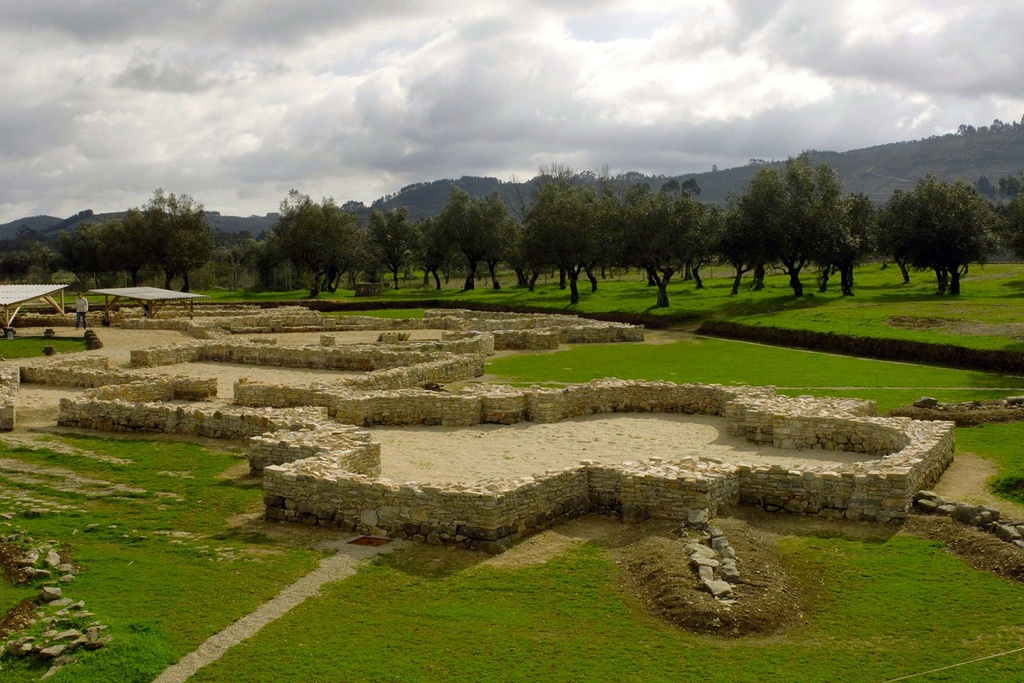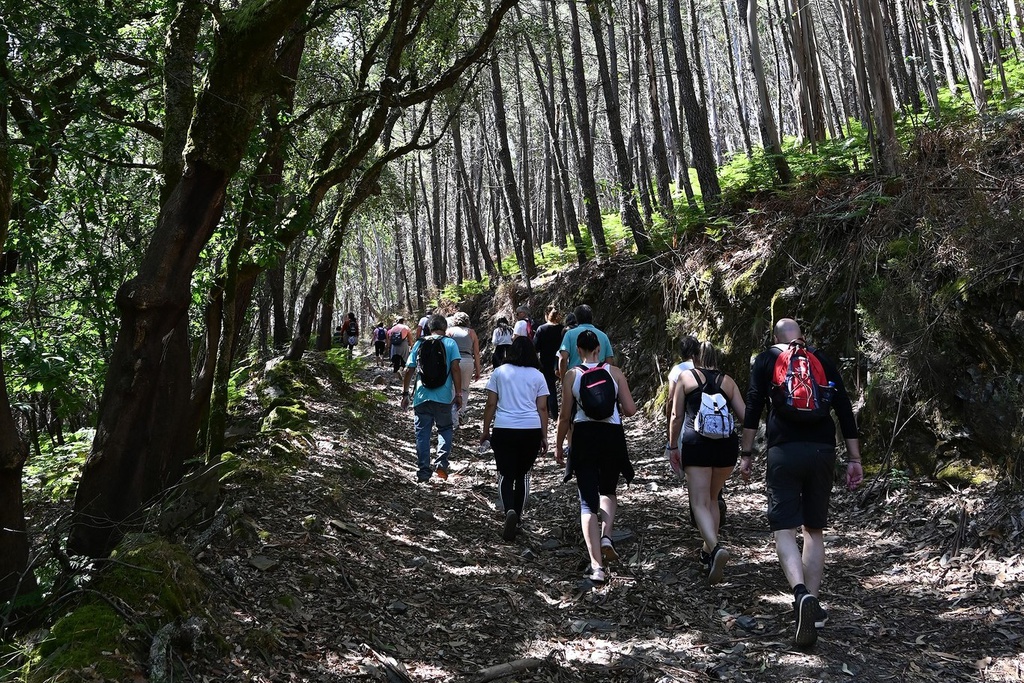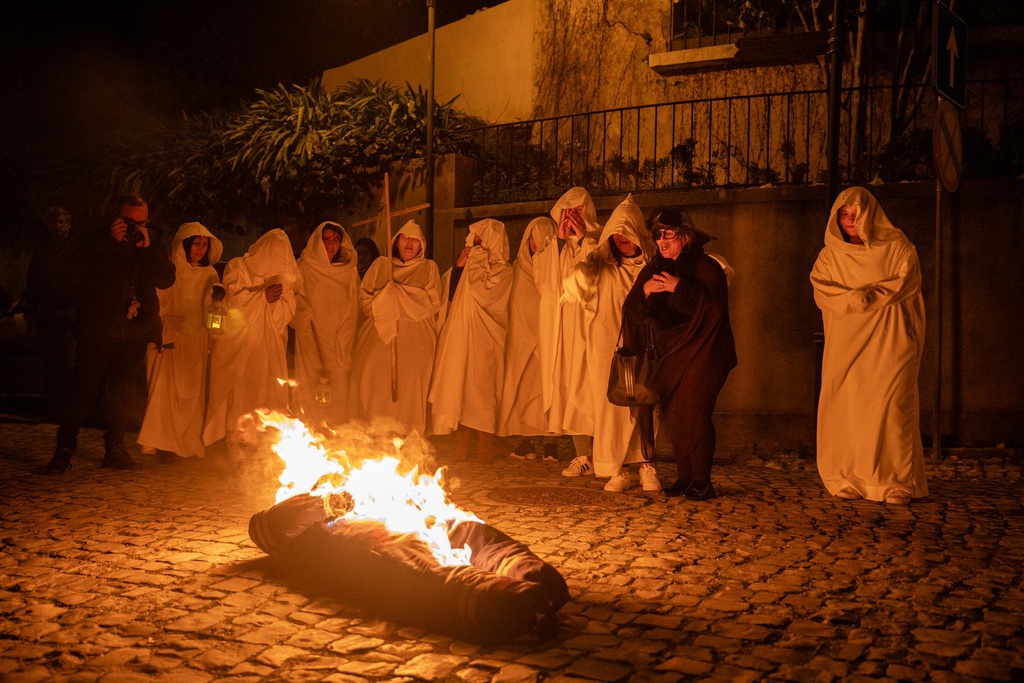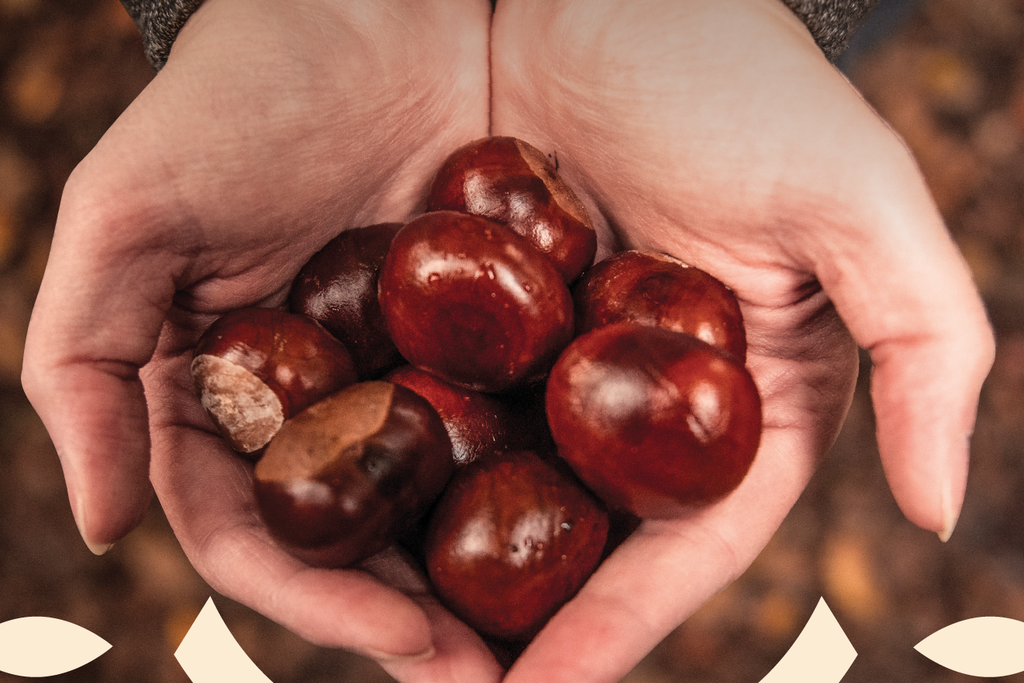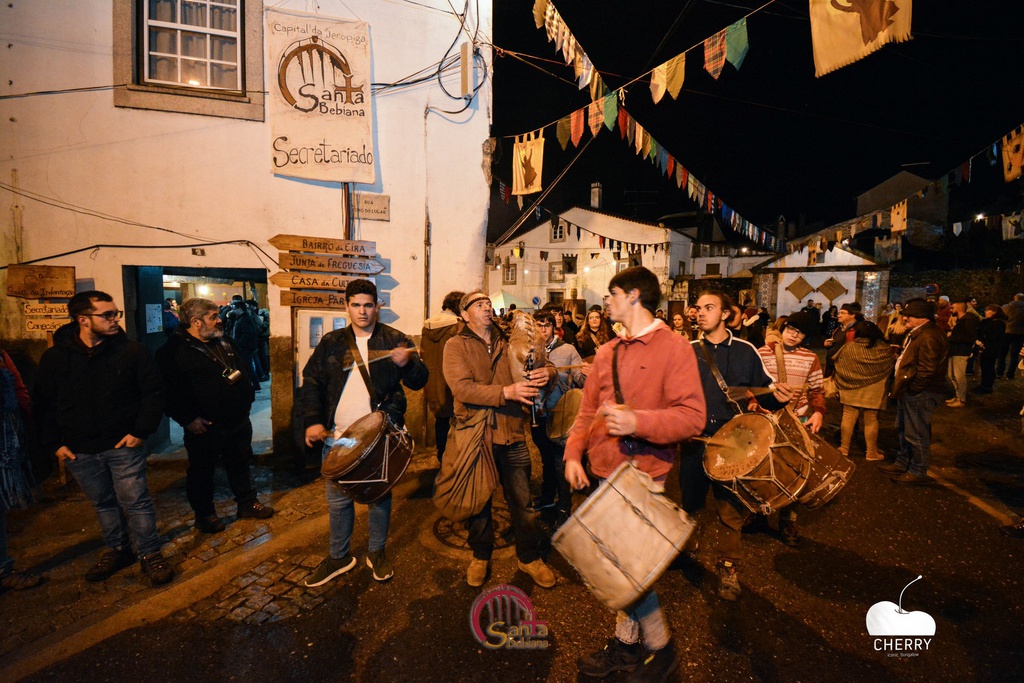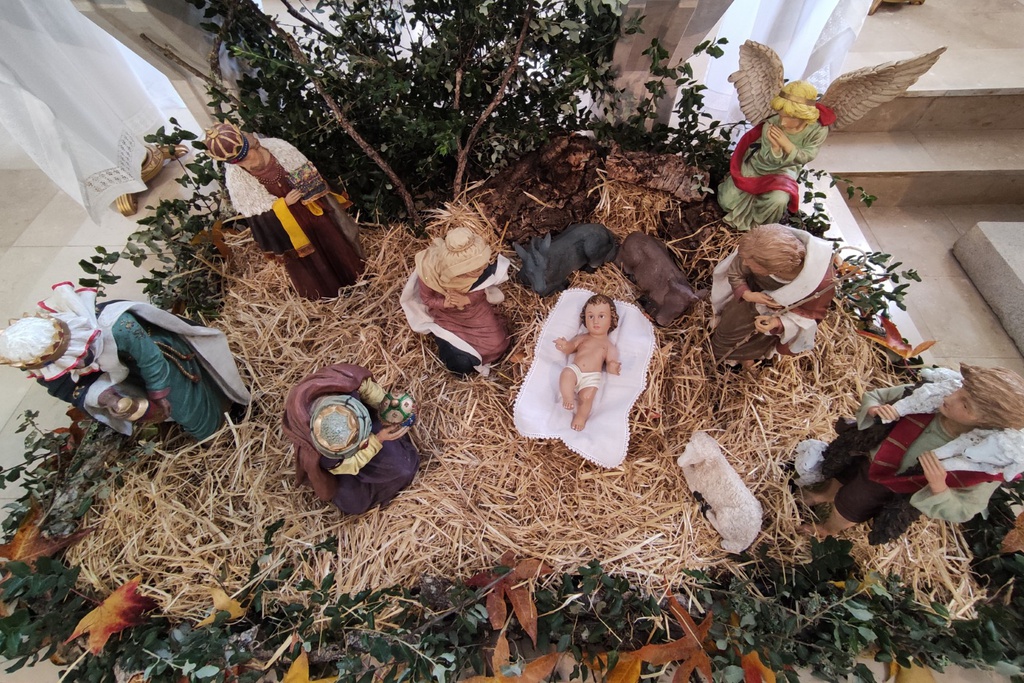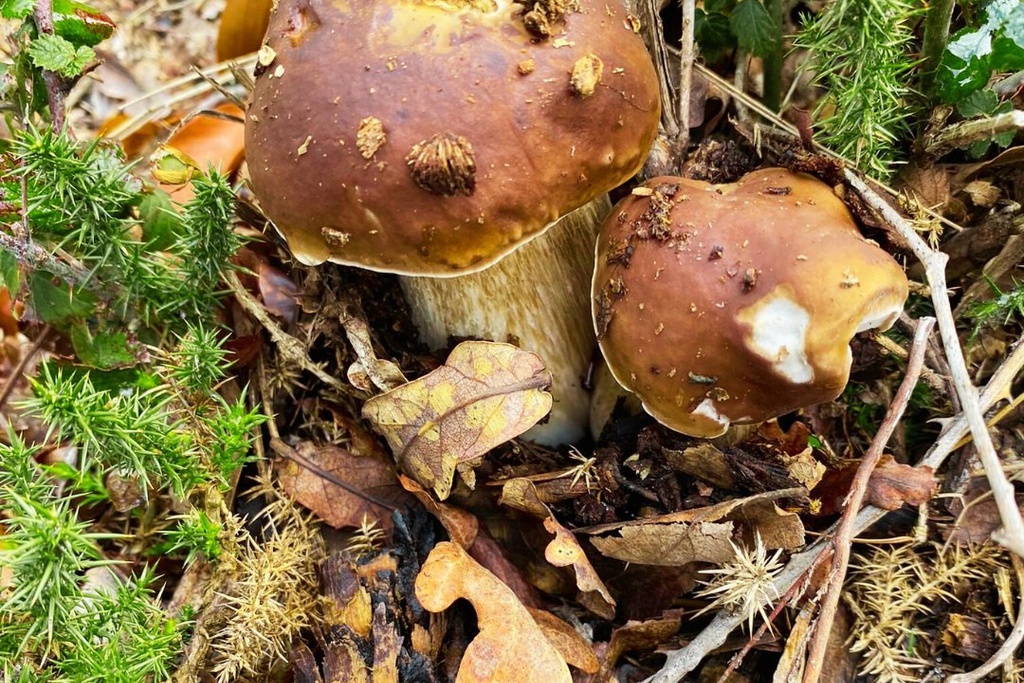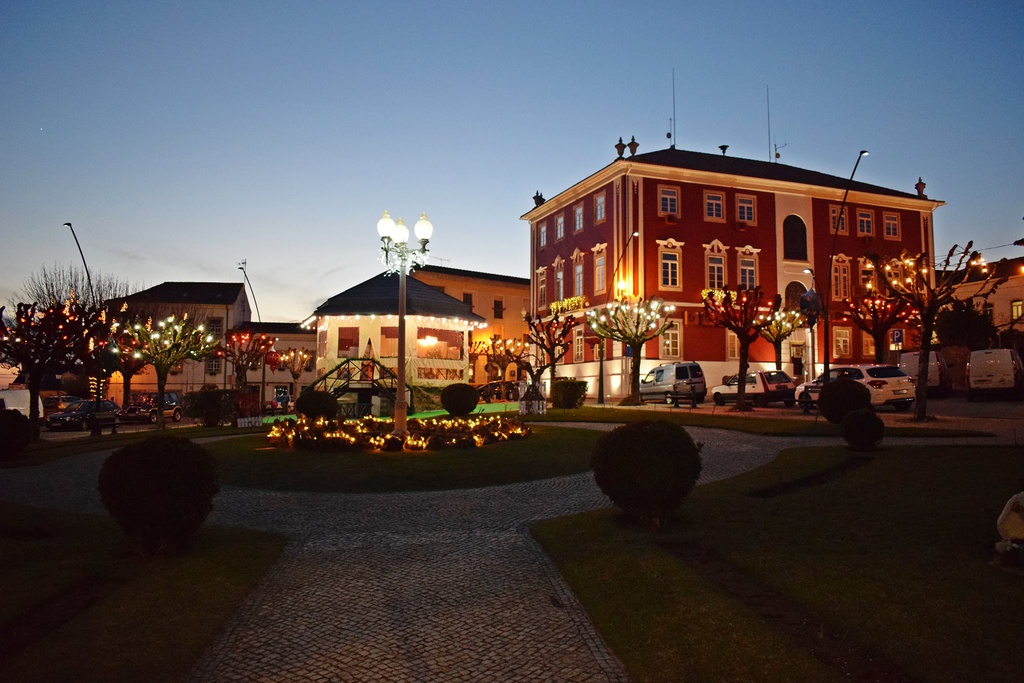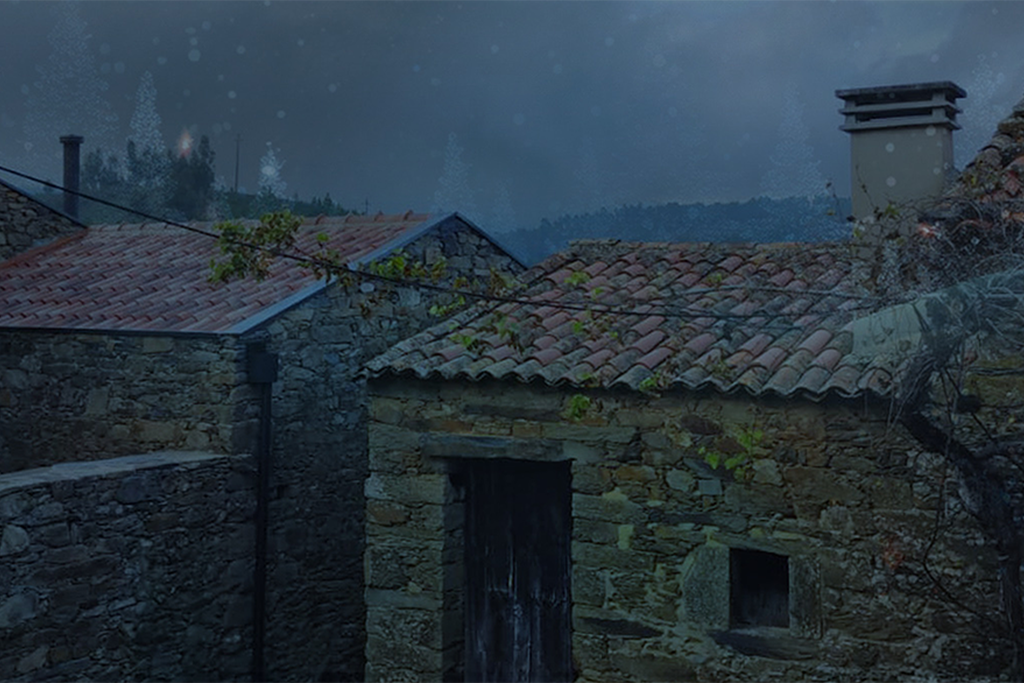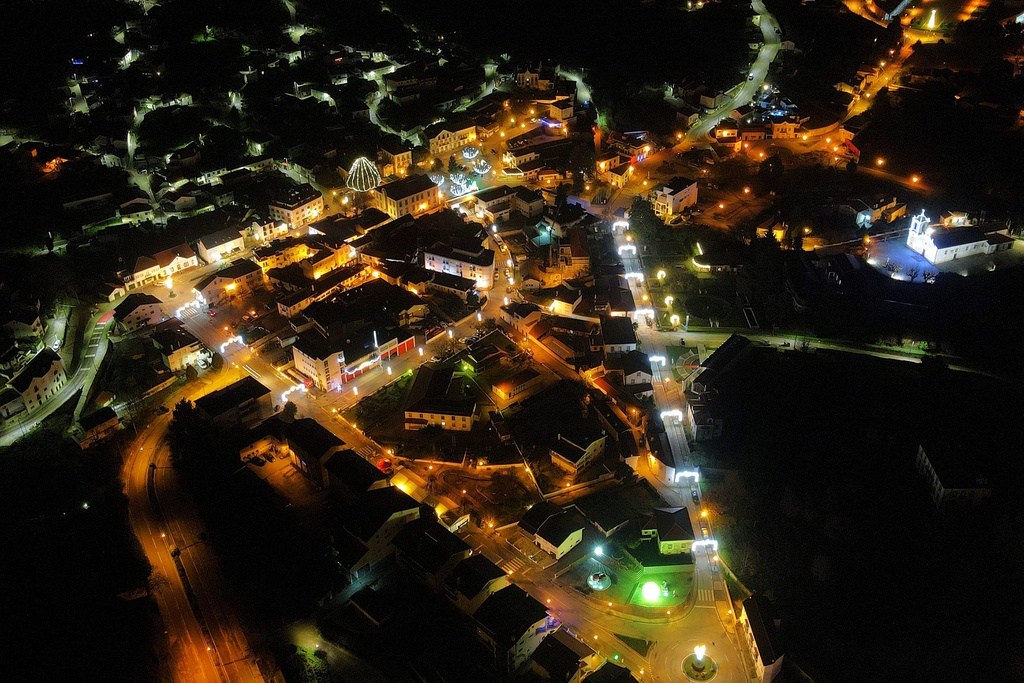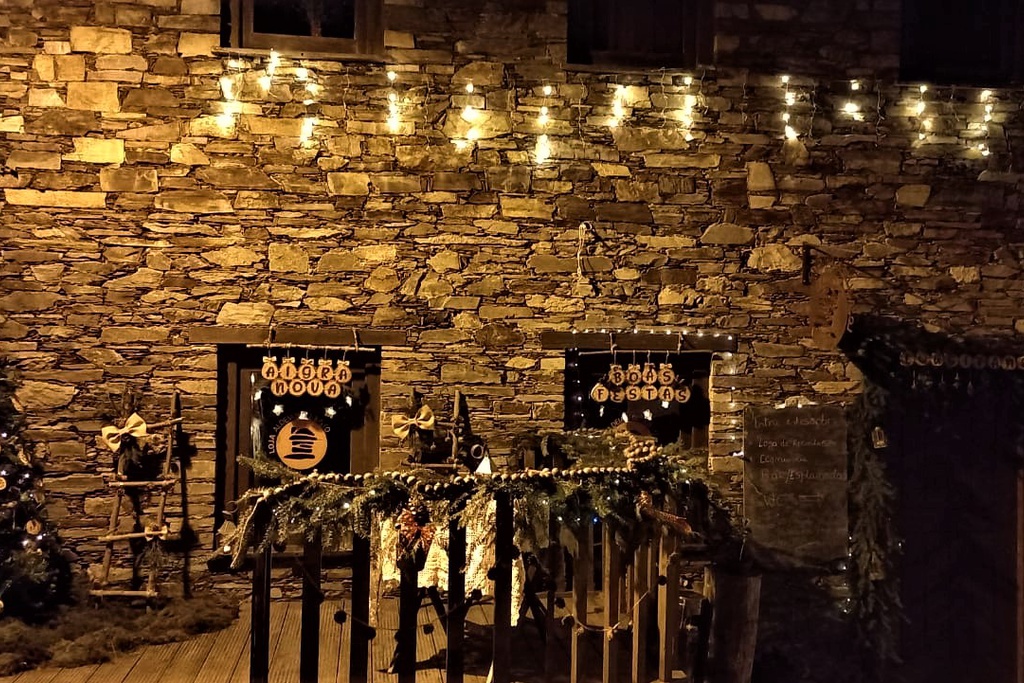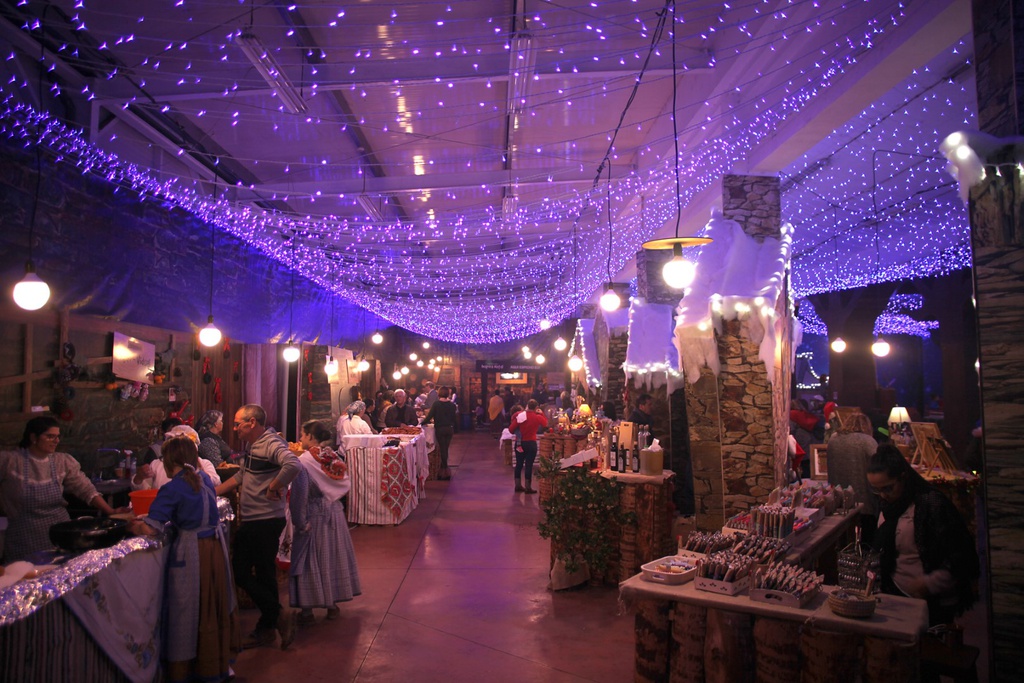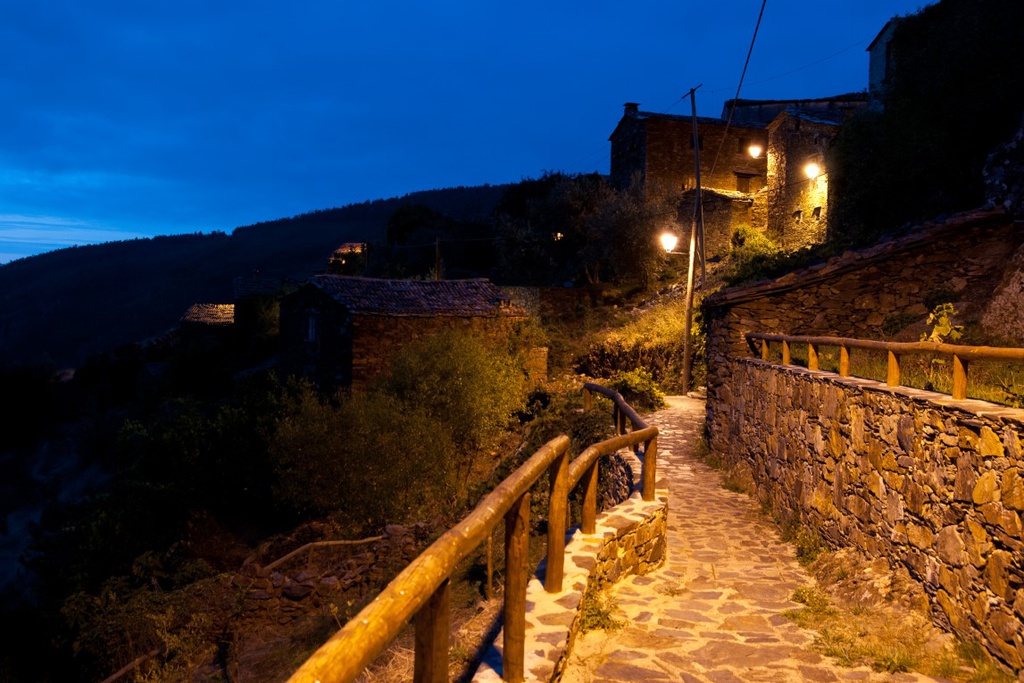Sensitivity and calm. These are the sensations that the Brazilian photographer Rodrigo Braga retains most from the “Seeing to Believe, Reseeing to Create” photography workshop that, along with the visual artist Carlos Casteleira, he promoted in the Aldeia do Xisto of Barroca, from 15 to 21 July 2019.
The course, developed as part of the Aldeias do Xisto Laboratory, and included in the PES - Between Serras Project, reinforces the role of the Aldeias do Xisto as a living laboratory that promotes innovation and immersion for the creation of experiences and joint learning.
The workshop brought together eight participants from various geographical and professional backgrounds. The River Zêzere and its ecological, biological (animal, plant and mineral), historical and prehistoric, social or even technological context were the central elements of this experience which put the students in tune with the area that surrounded them.
Works were presented in the auditorium of the Casa Grande, in Barroca, on 21 July 2019, and will be exhibited in an upcoming exhibition presenting the Between Serras Project at the Art Space gallery in Newark of Denison University - Ohio as well as within the area of the Aldeias do Xisto in a later exhibition.
It was precisely through this PES that Rodrigo had his first contact with this area: “It is a very rich and diverse region, which changes a lot with the seasons”, he stated. Therefore, “endless scenes can be created here”.
“Seeing to Believe, Reseeing to Create:” has proven to be an interesting experience, in that it is “very pluralistic yet singular at the same time”. Pluralistic, because of the “diversity of each participant“ and singular because it takes place in a “unique region”.
In addition to classroom work, supported and guided by the trainers, the workshop includes fieldwork, encouraging each student to follow their own creative process and develop their own project.
The tendency of each of the trainers this to consider the dialectics of photography that the course intended to explore, for example, objectivity and subjectivity, observation and creation, representation and authorship.
“Carlos values direct, more raw experience. I work more with the construction of the image, a more corporeal experience”, Rodrigo explains.
The photographer will be artist in residence in the Aldeias do Xisto until the end of August 19th, in an initiative that once again counts on the support of the Aldeias do Xisto, the Municipality of Fundão, through the iNature programme, and with the supervision of Carlos Casteleira. The residency is divided between Barroca and Cabeço do Pião in agreement with the artist. Rodrigo sets off for this experience without a perfectly defined idea, knowing only that “schist and the Zêzere, along with the stories of the inhabitants, are very strong elements” that should not be ignored. People in this region are “very easy” to talk to, showing that “they are used to receiving people from outside. It is very interesting and also part of the experience”.
A workshop that reflects the reality surrounding it
Despite the different photographic language, Carlos Casteleira’s speech is in line with these ideas. “There is always a reality behind the photograph. Here, contact with people is very easy and this is a specific reality that will stand out in the work”, he explains, stressing that the interaction of the workshop with other experiences that happen simultaneously in the region also contributes to that specificity. The most striking examples are the trip to Janeiro de Cima to attend the public presentation of Dark Sky Aldeias do Xisto at Fajão, certified as a Starlight Tourist Destination, to listen to William Parker, Hamid Drake, John Dikeman and Luís Vicente as part of XJazz- Jazz Encounters in the Aldeias do Xisto and the inclusion in the programme of a walk along the Fireflies Route.
All these experiences motivated the participants to achieve one of the goals of the workshop. As Carlos explains, “it is not only a matter of reproducing reality through photography, but also of working on this in a conscious way, through an association of images. This is a reflection that each student will have in terms of their approach to the area”, he considers. The River Zêzere and the Panasqueira Mines mark the surrounding landscape and naturally are strongly represented in the work which was produced.
This photography workshop is part of the activities developed by PES, a contemporary art project that explores the connection between human beings and their environment, also seeking to find a balance between technology and nature. “It’s not about refusing progress, but living with it in a balanced way”, explains Carlos Casteleira, one of the founders of the project.
Finding the “other side” of photography
The workshop brought together 8 participants from different backgrounds, interests and ages, who, besides their pleasure in learning, also share a taste for photography. The works produced were presented in the auditorium of the Casa Grande da Barroca on 21 July 2019 and will be displayed in an exhibition to be held at the presentation of the Entre Serras Project at the Art Space in Newark gallery at Denison University, Ohio.
“This is an asset. We are always learning and I like to know the work of other artists”, says Andrea Inocêncio, visual artist, who recently came into contact with the Aldeias do Xisto, as part of the doctorate she is working on.
In this area, Andrea feels a “freedom” that she has not found in the city: “It’s an environment more conducive to creation and the fact that I have more time provides me with another look”, she explains.
For the workshop, Andrea looked for places where there was a connection with water. It was in Dornelas that she found the place she connected with, following a suggestion from Humberto Simões, another of the participants.
Humberto has worked at Minas da Panasqueira for about 7 years and is an amateur photographer. He participated in the initiative in order to gain another perspective on photography. Usually, the images he captures are related to history, archaeology and nature. Unlike the other participants, he did not collect images and opted to work on some of those that he had collected over the years. The only certainty at the time of this conversation was that his final work has to do with Barroca: “This is a new experience and different from anything I am used to. I’m trying the other side of photography and gaining a new look on nature”, he said. The exchange of experiences, knowledge and opinions were also stimulated and appreciated. “I learned a lot from my colleagues”, sure Humberto.
The “very different thoughts” and the “natural connection” that was established between the members of the group was also one of the aspects highlighted by Bruno Medeiros. Originally from Porto, he studied Cinema at the University of Beira Interior in Covilhã, where he is currently doing his PhD in Philosophy, with the hope of getting to know and developing new ideas to apply to cinematographic art. Of course, Bruno “eschewed” the static image and opted for video. His work seeks to capture the “dynamism” that can be felt in Barroca and its surroundings, which gains “intensity” close to slagging heaps of the Mines. “There is an area where, due to erosion, there is almost no road. It has no support. It’s like a double vertigo: on the one side the gravel mountain and on the other the river”, he explains. “It was very fruitful from the first day. I wasn’t expecting so much dynamism and flexibility in the course”, he stated. An opinion related to the fact that the programme includes activities that, apparently, have nothing to do with the workshop itself. “I’ve never been canoeing before”, she explains. An opportunity that, along with the events mentioned above by Carlos Casteleira, allowed Bruno and the rest of the group to have direct contact with the surrounding space, putting them in tune with the area.
The Fireflies Route brought together fifty participants
The Fireflies Route night walk was part of the workshop programme from the very first moment. Organised by the “Hikers of Gardunha”, the route brought together about fifty participants, almost all members and regulars on the routes that take place throughout the year.
Starting at the River Beach of the Santa Luzia Dam, the route followed the Santa Luzia Dam wall, crossing to the other bank of the river Unhais.
From there, the path traversed the recesses of the reservoir, skirting the submerged village of Vidual de Baixo. With night already falling, in the distance, on the other bank, three lights were flashing. They were “The Fireflies”, the artistic intervention work of Erik Samakh, which is supported by PES and, as Carlos Casteleira explains, warns of the impact of humans on ecosystems, through putting biodiversity at risk. These are small lights powered by solar energy and also mark the inclusion of the places, territories and partners in the Entre Serras Project, producing an in situ cartography.
But it was also possible to see “real” fireflies, more than enough reason to stop for a moment and make use of our increasingly sensitive smartphone cameras. The walk then continued to Vidual, along a path that oscillates between the crest and the slope of the elevations. The evening ended in Portela de Unhais, where the participants shared a snack and recharge their batteries.
“Above all, enjoy and have fun. And feel the smells of nature”, advised David Caetano, from the organisation, at the initial briefing. So we did and, looking up at the sky, it was easy to understand, once again, the reason why the Dark Sky Aldeias do Xisto was awarded the Starlight Tourist Destination accreditation by the Starlight Foundation.
Text: Andreia Gonçalves


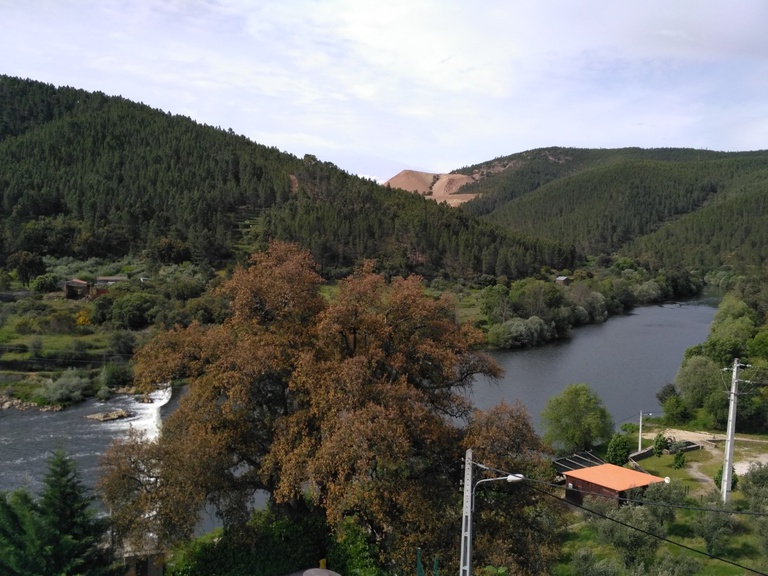
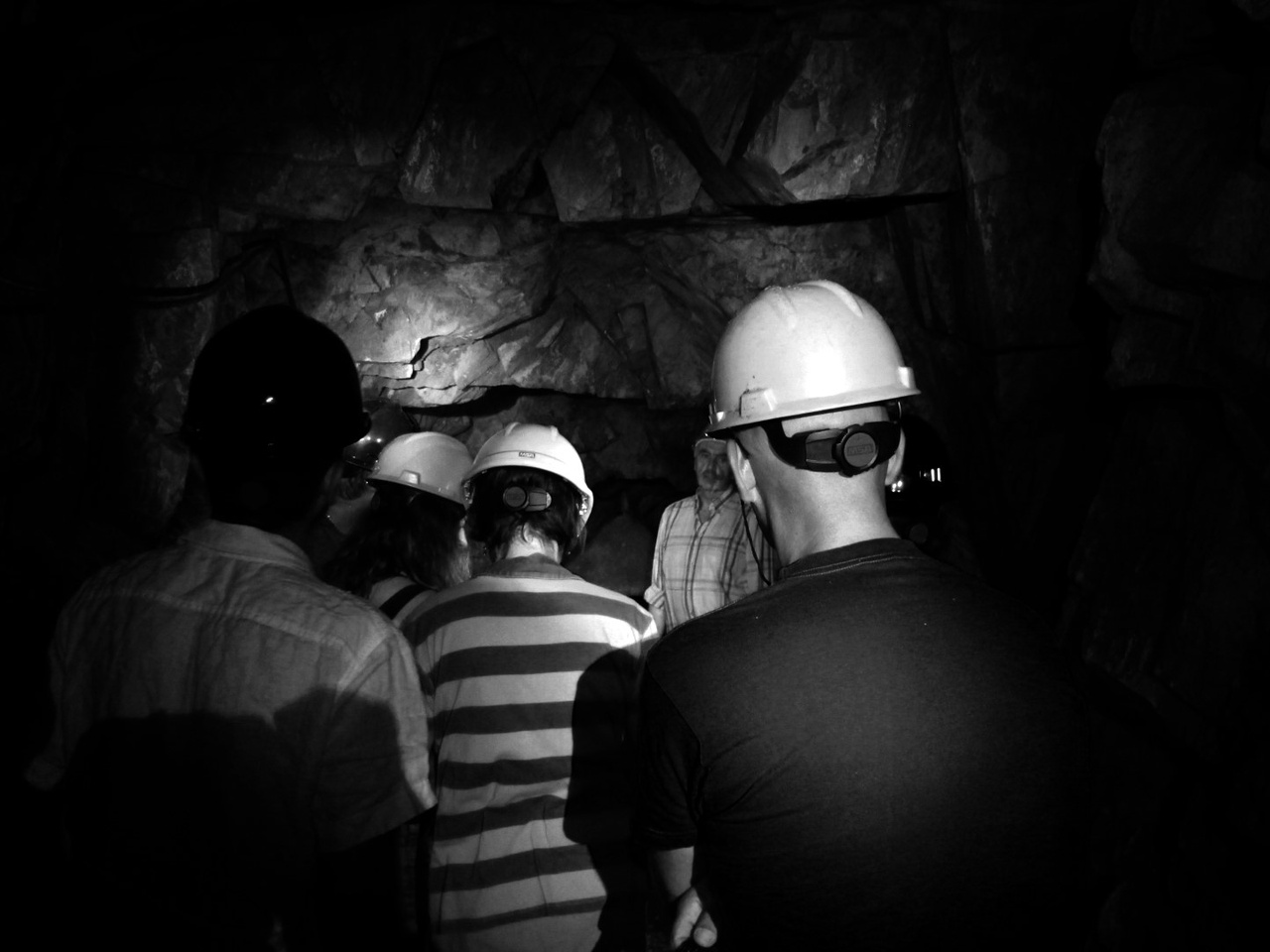
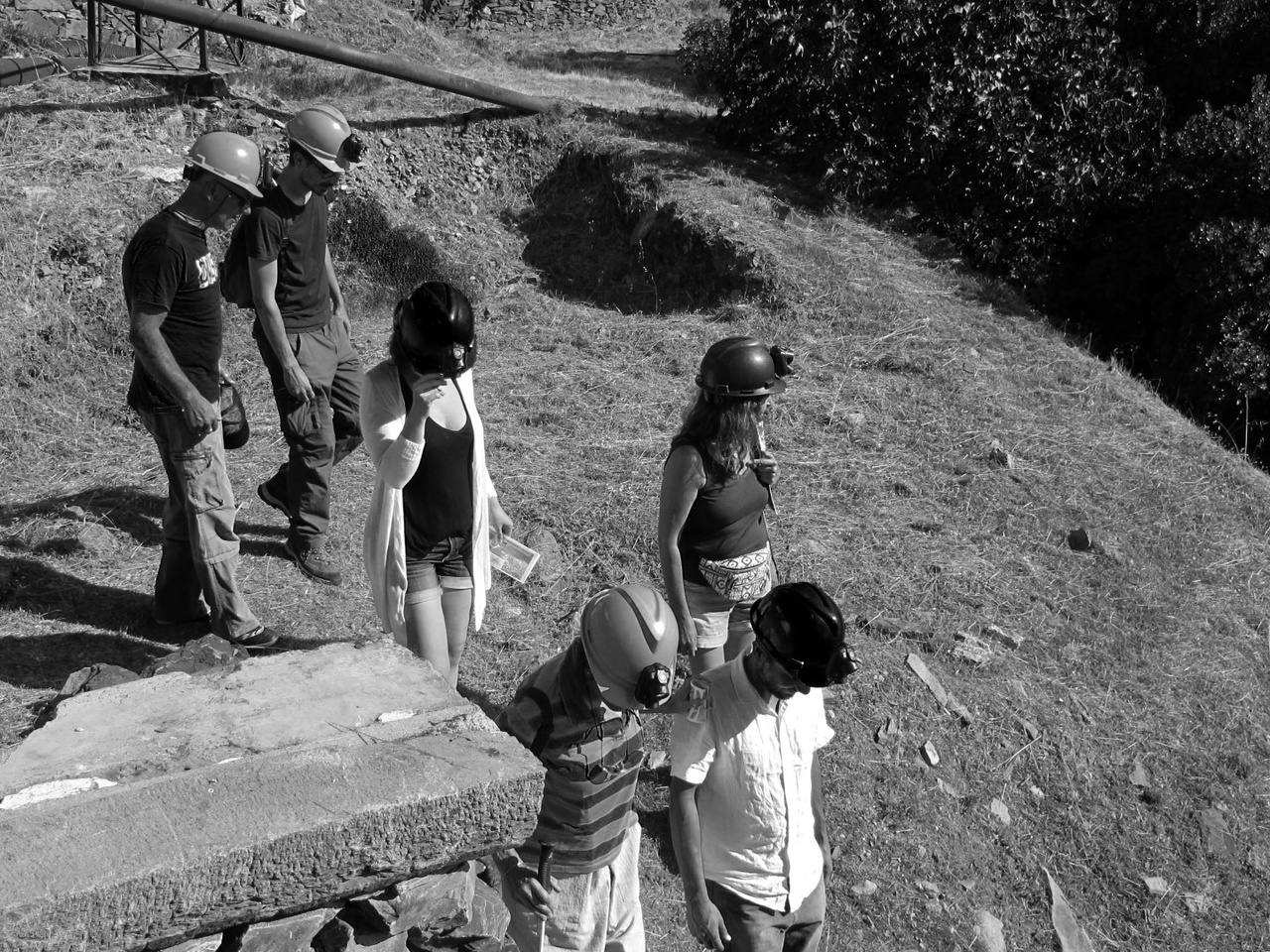
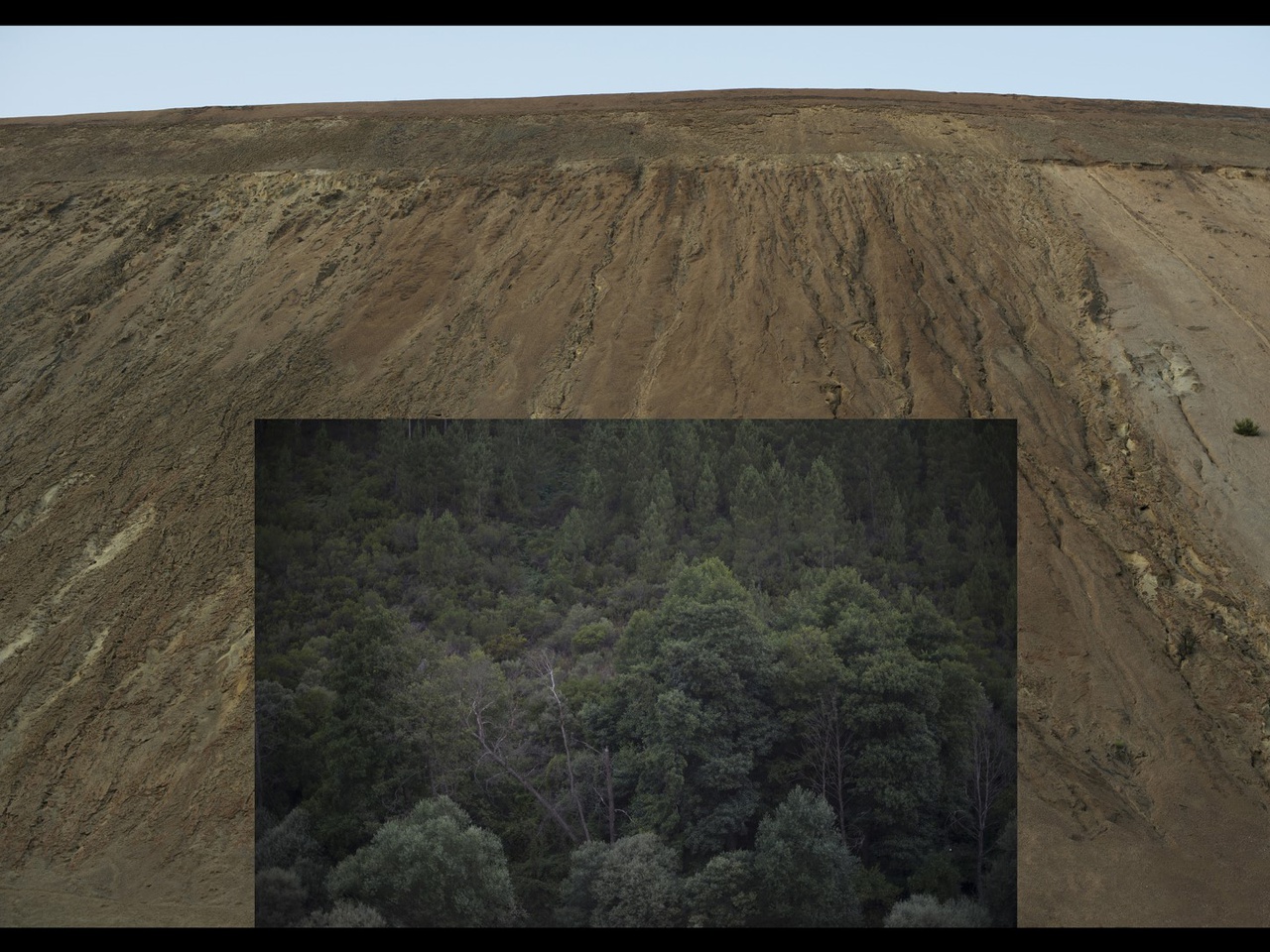
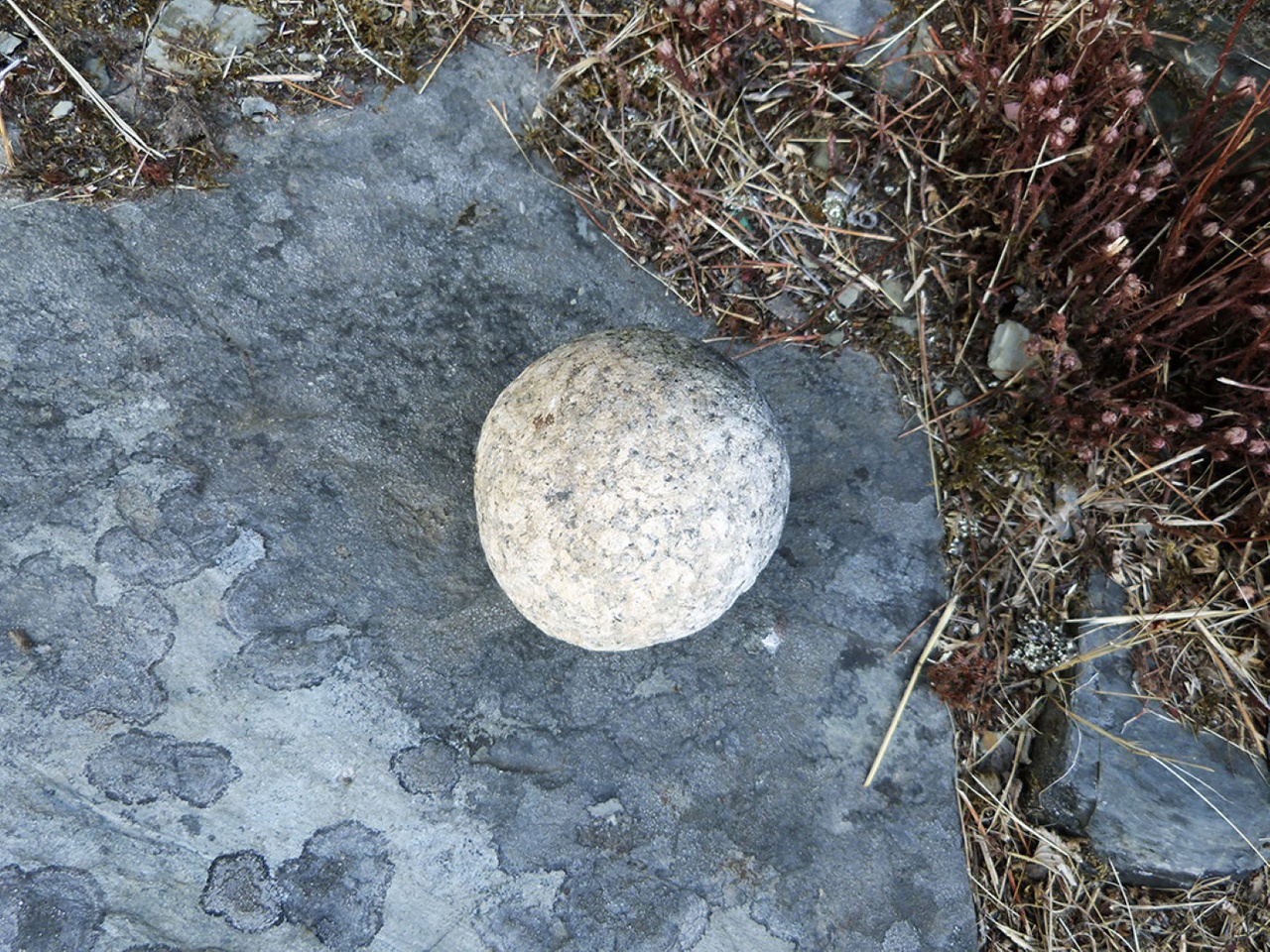
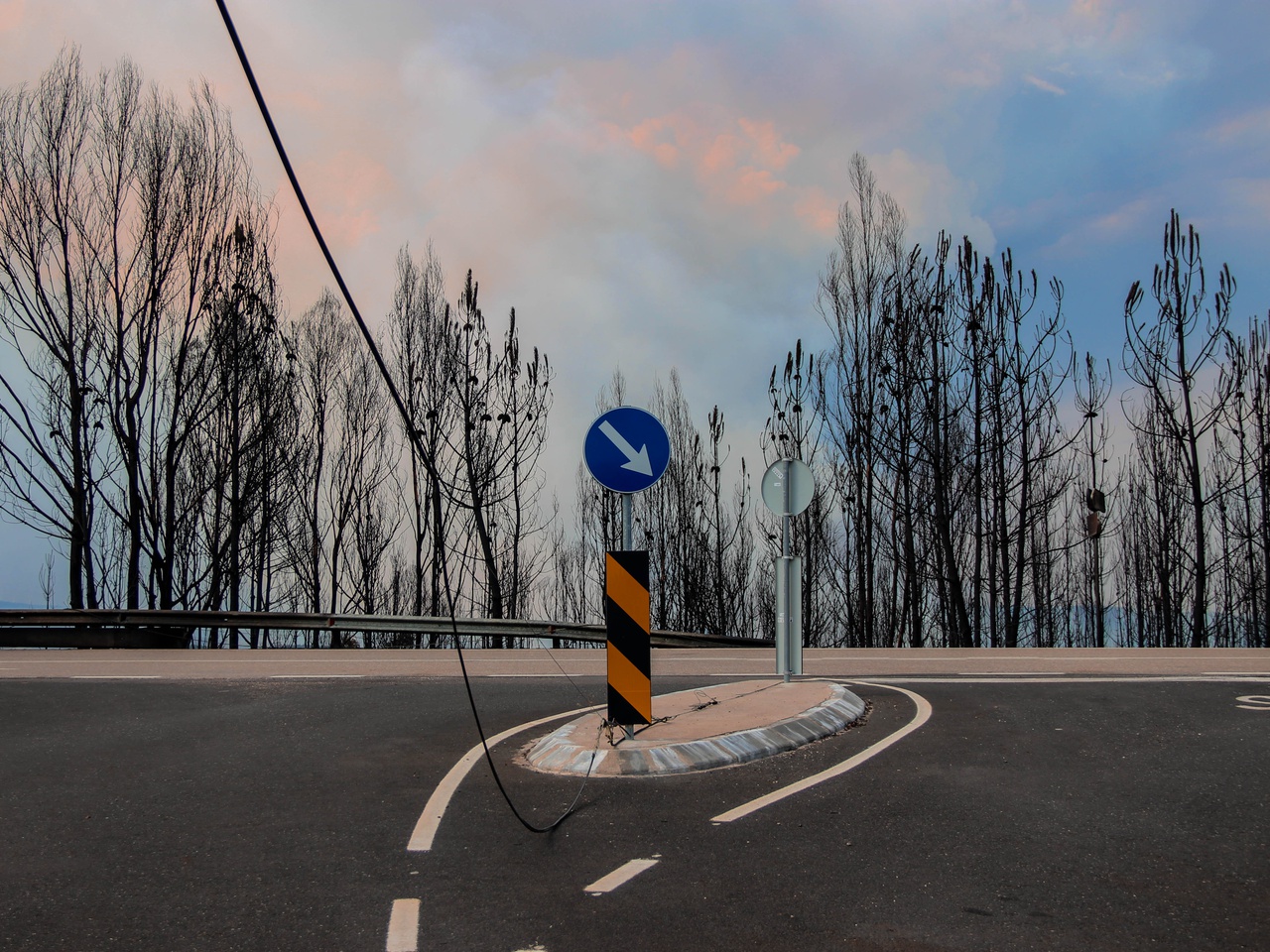
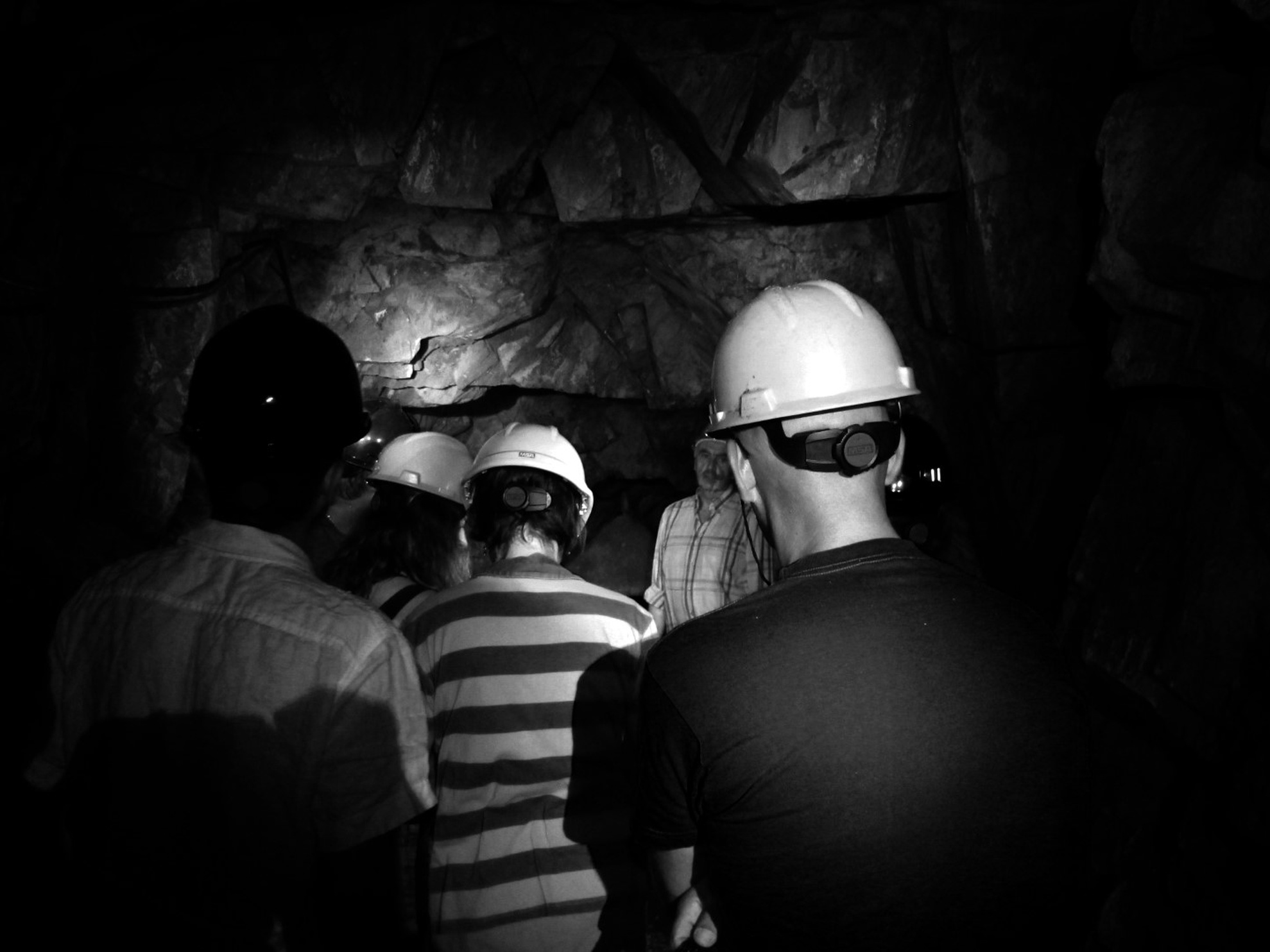
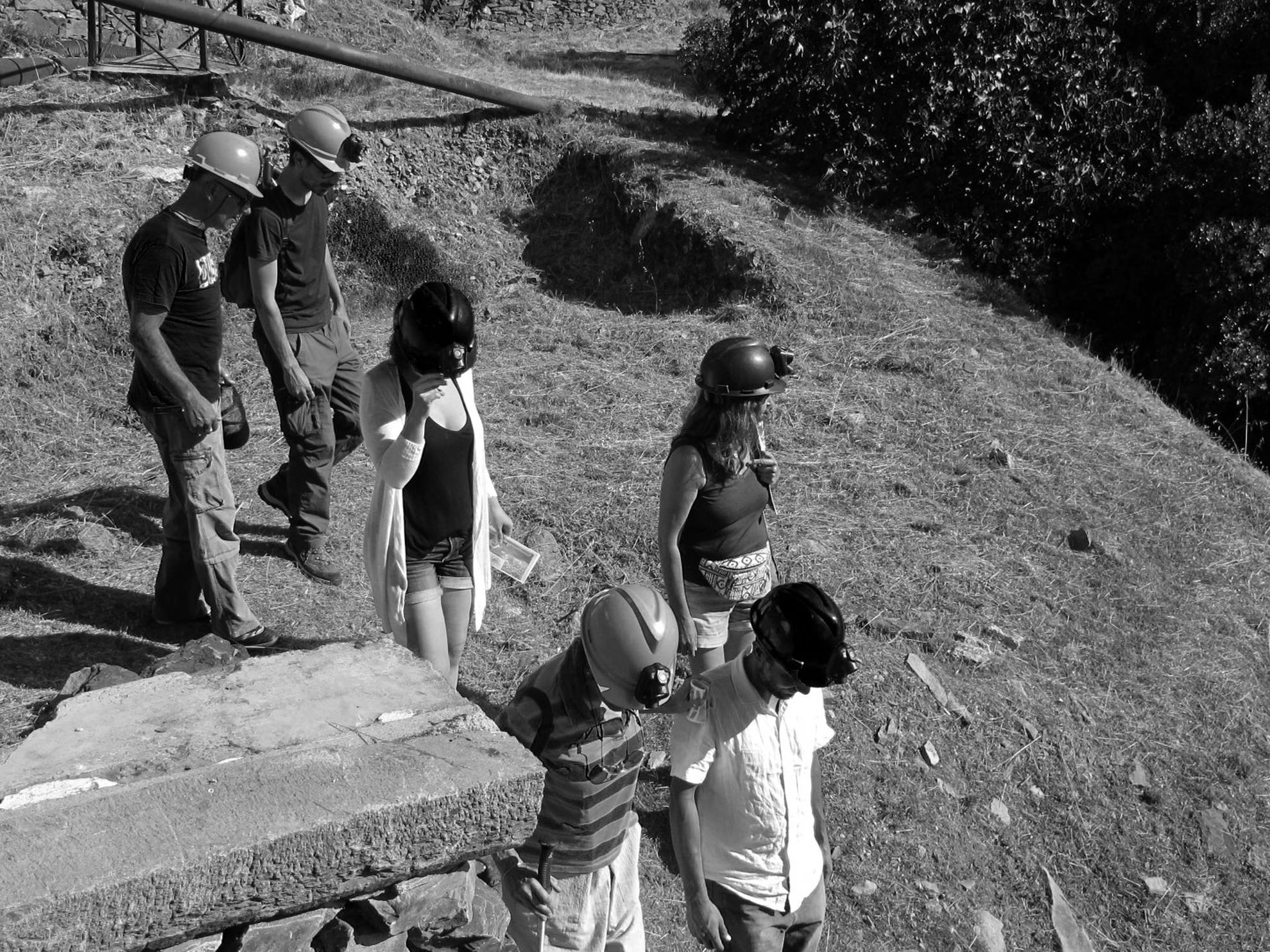
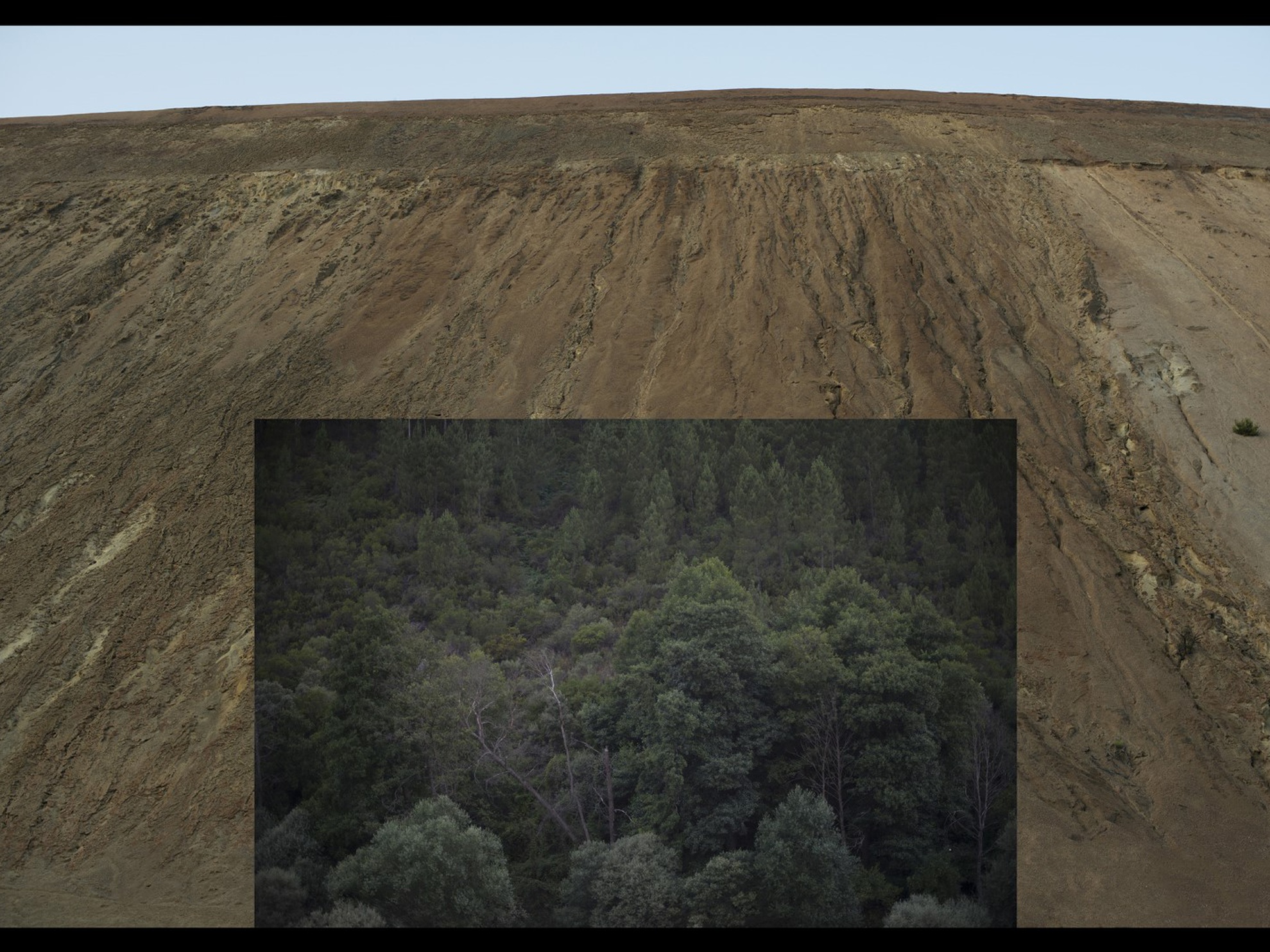
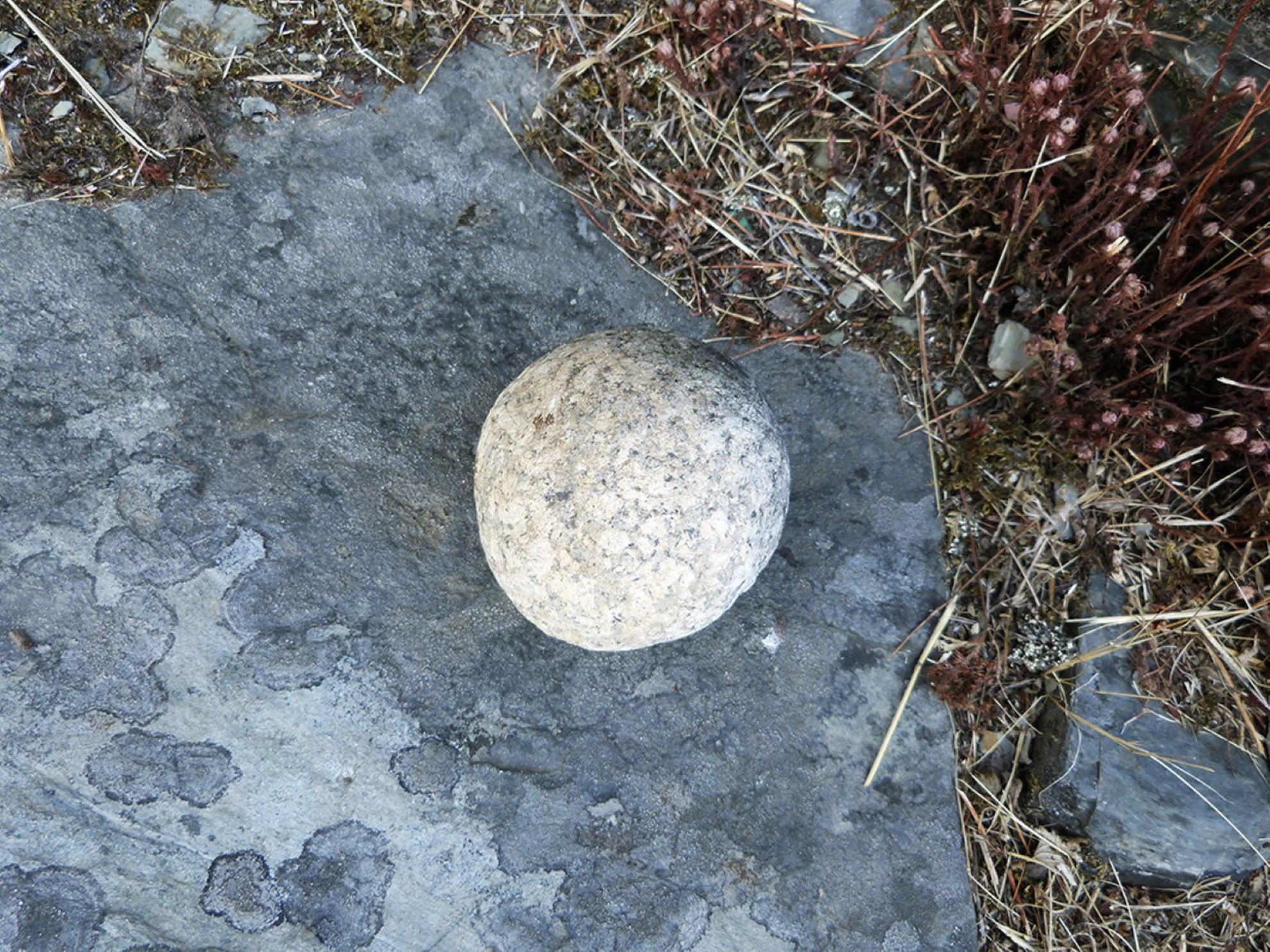
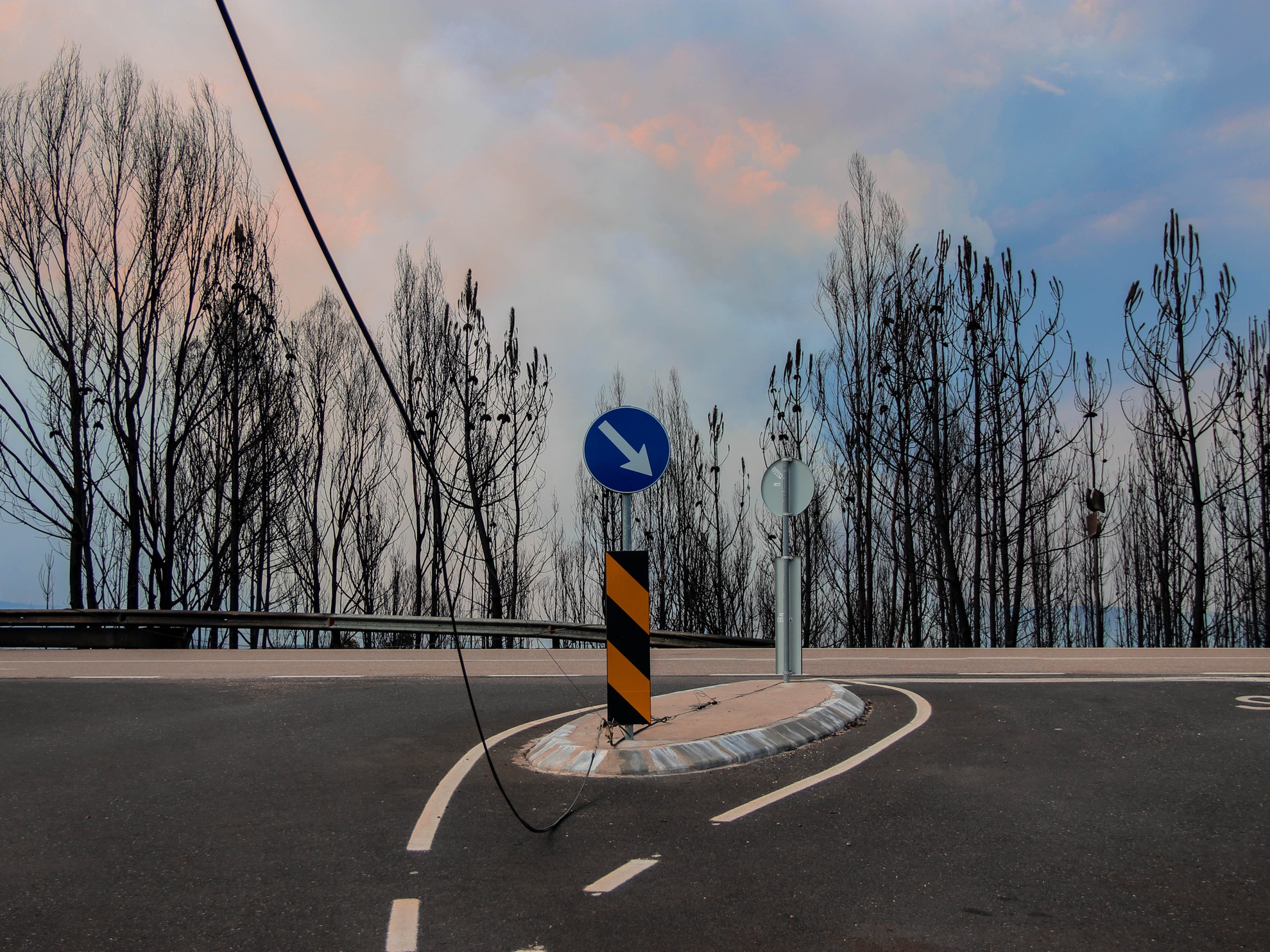
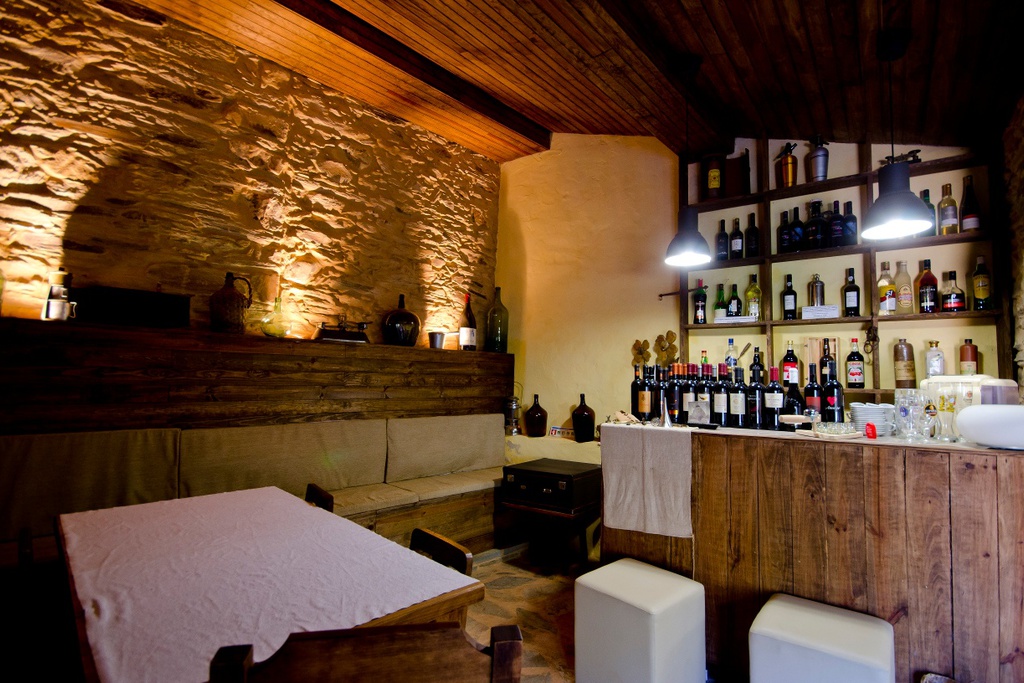
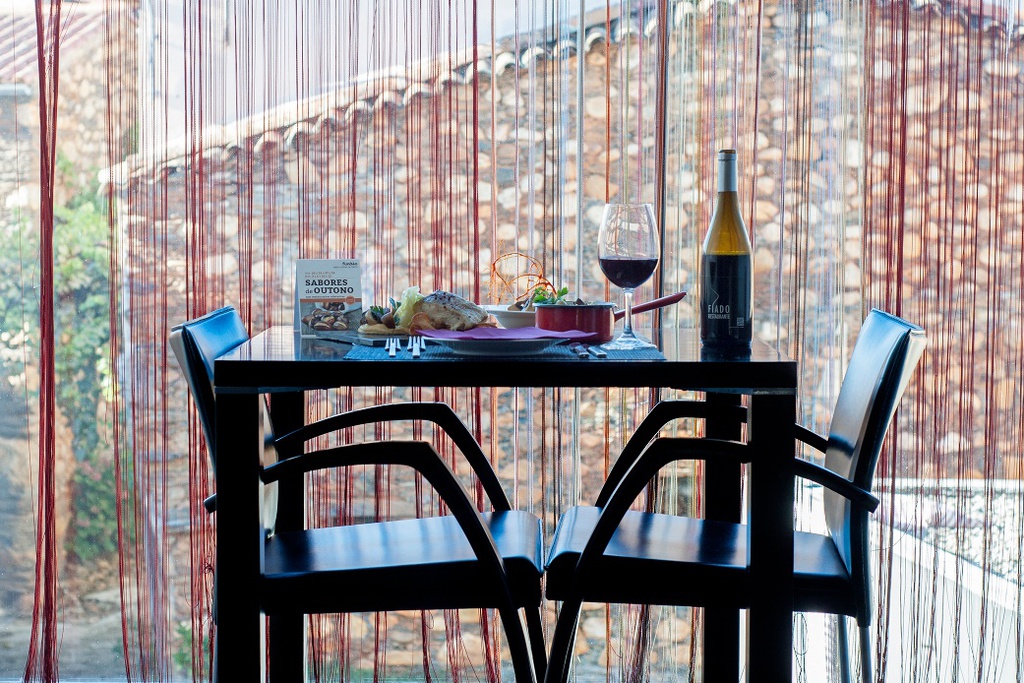
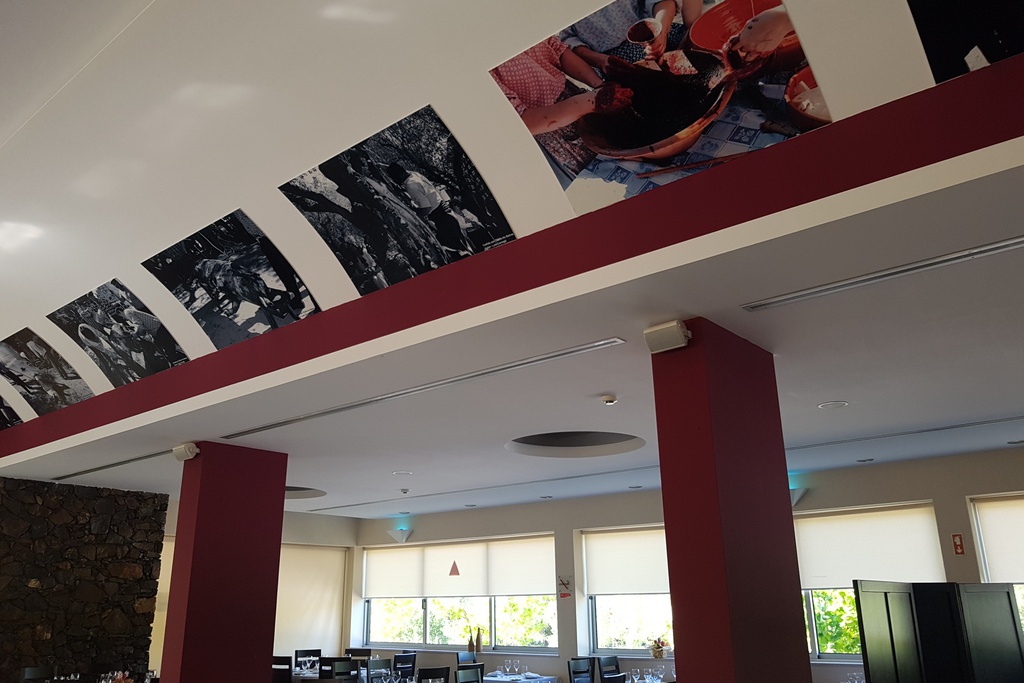
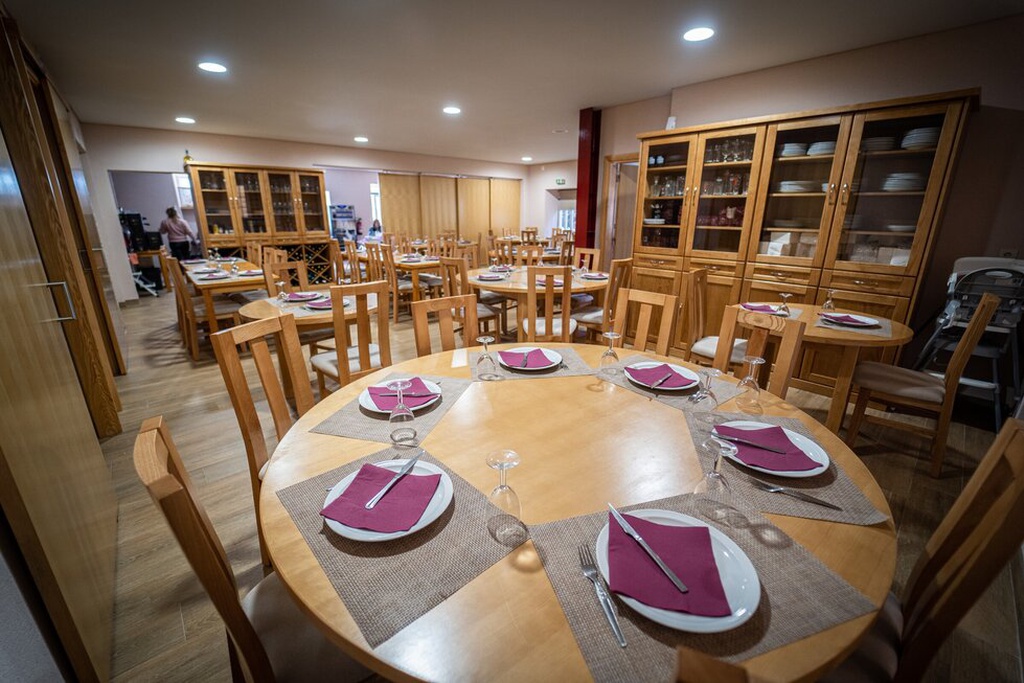
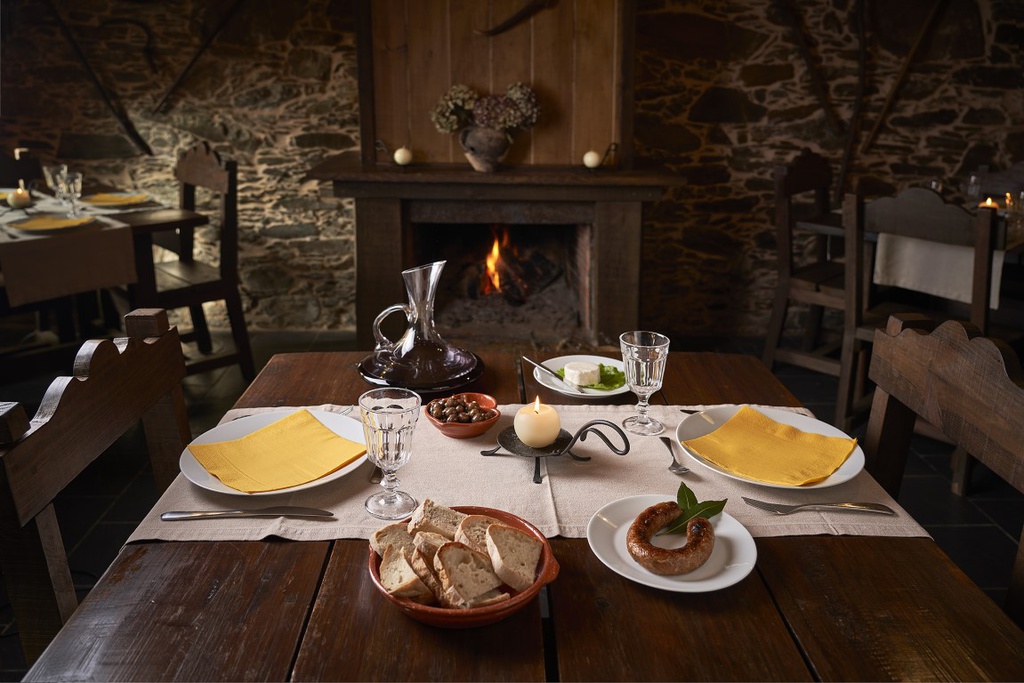
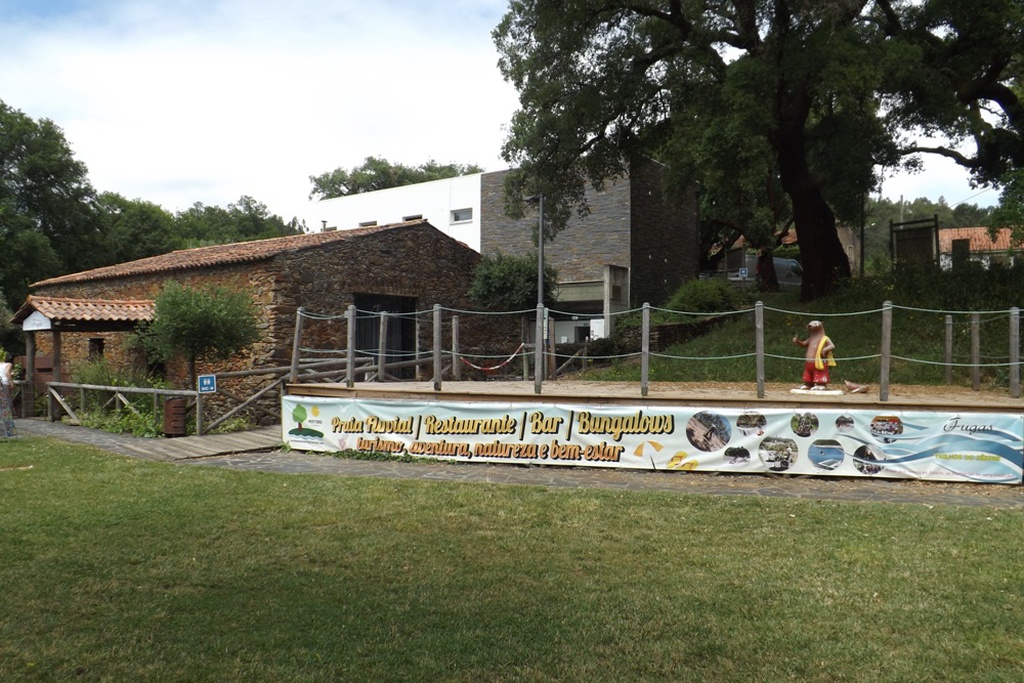
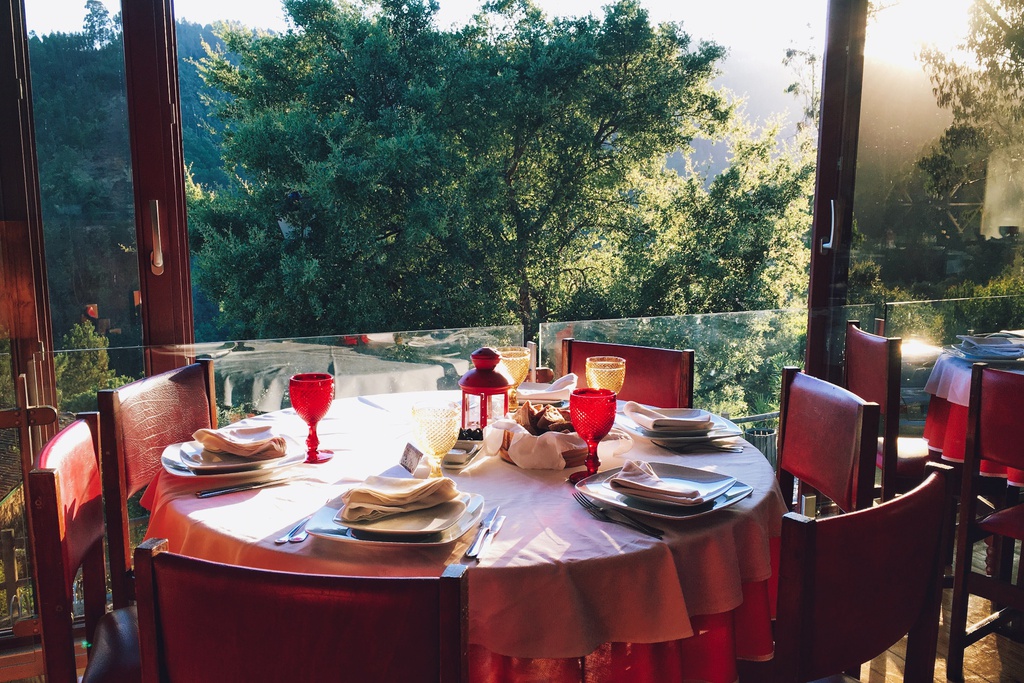
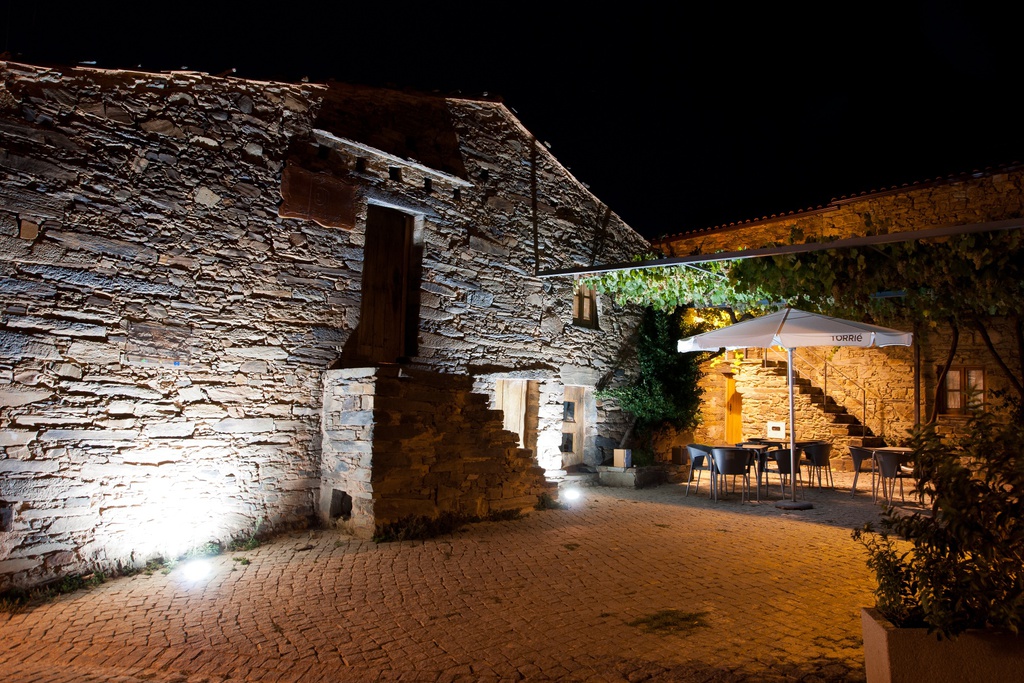
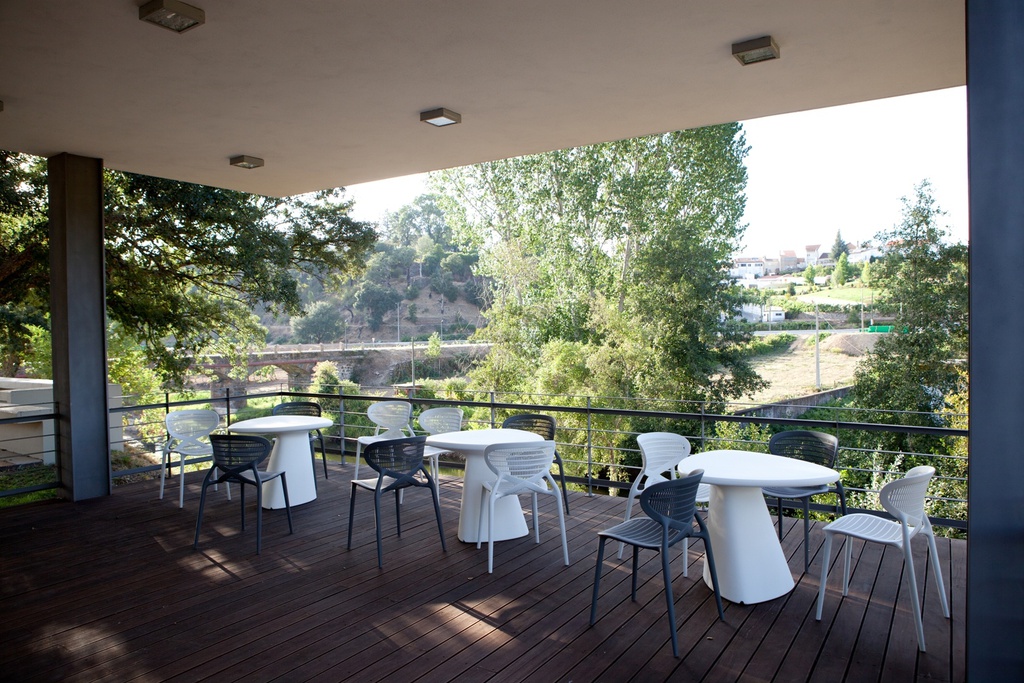
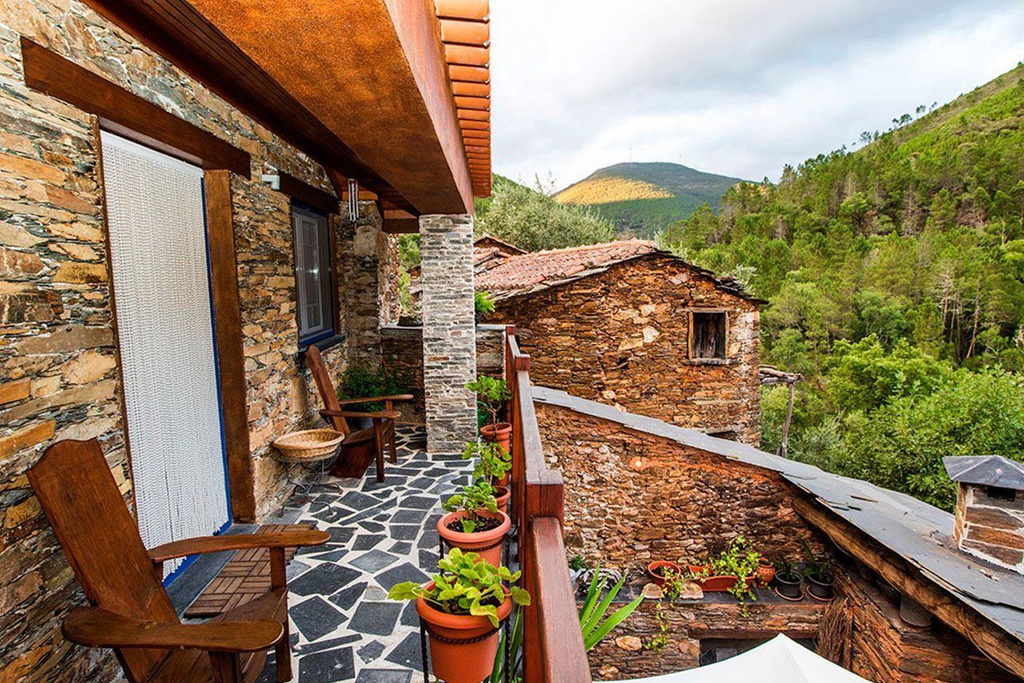
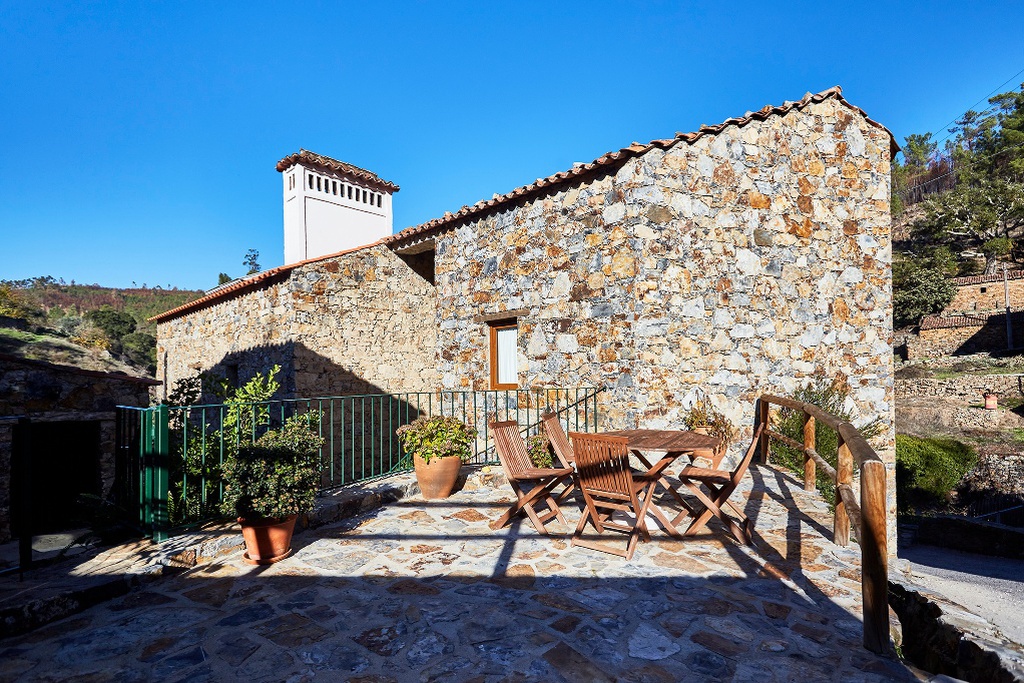
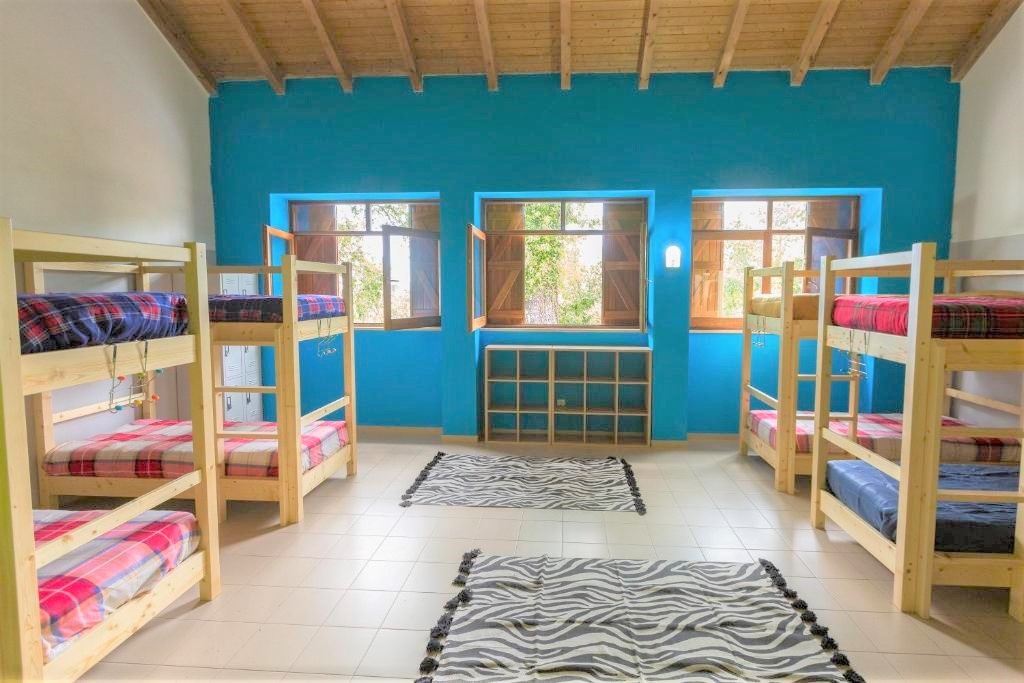
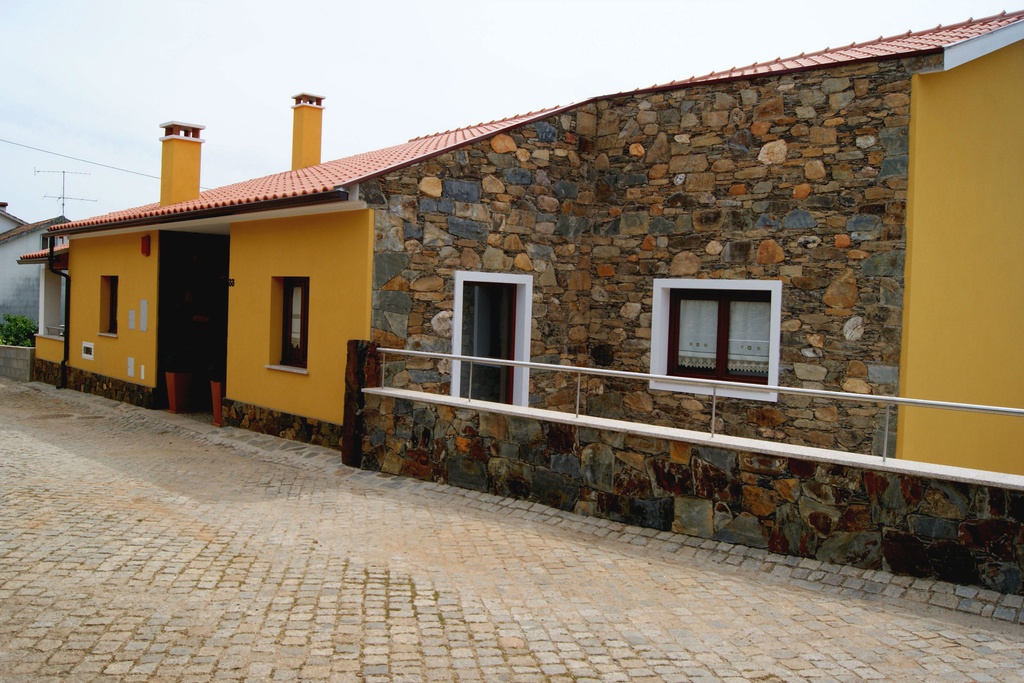
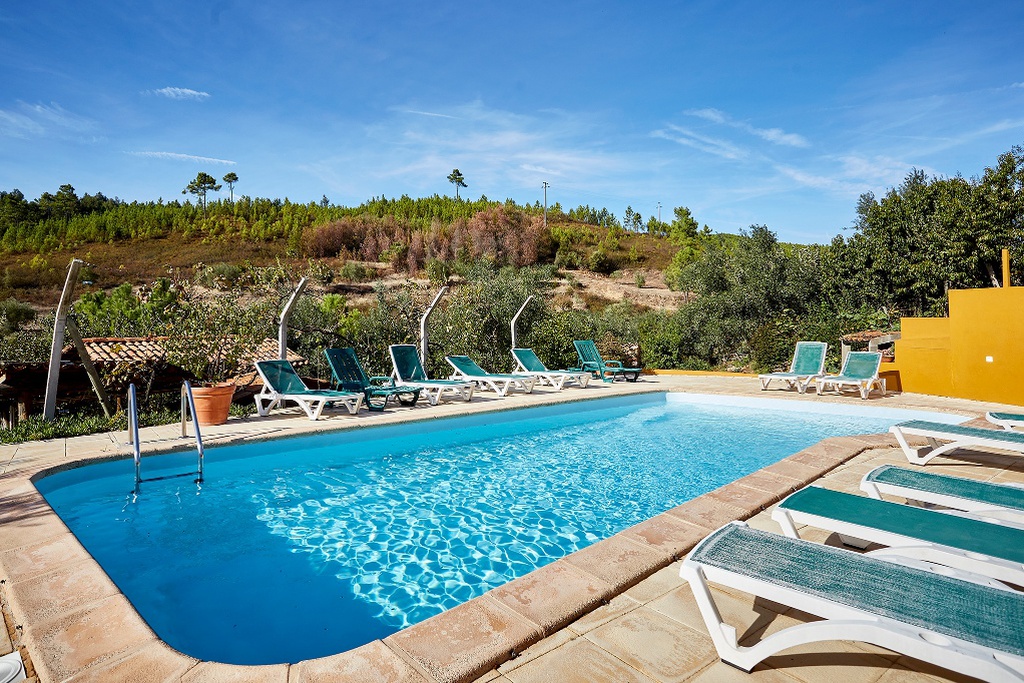
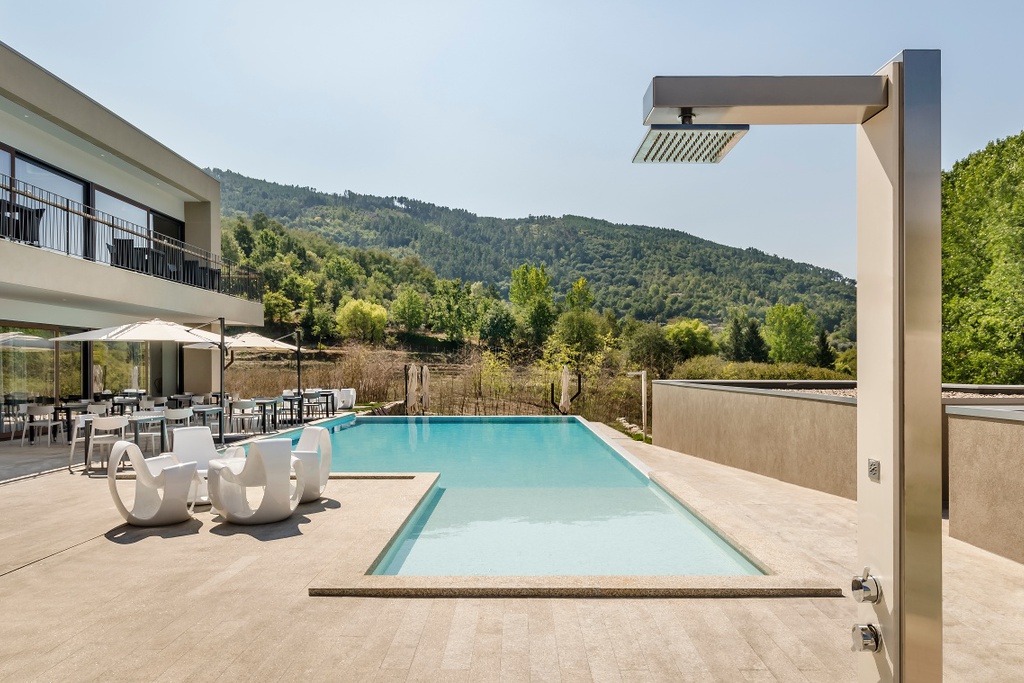
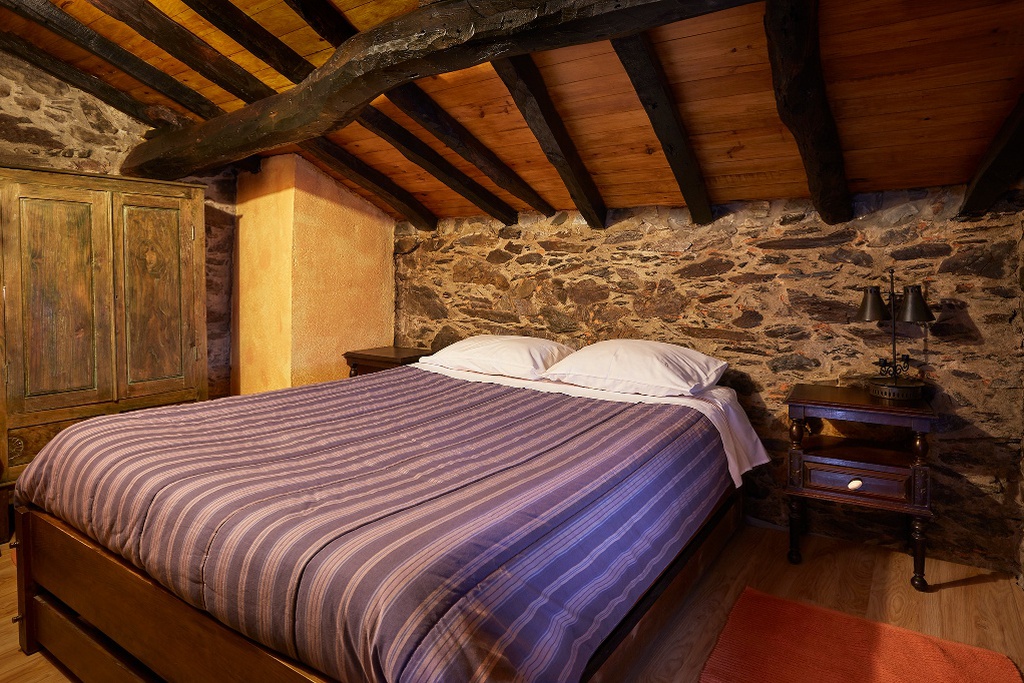
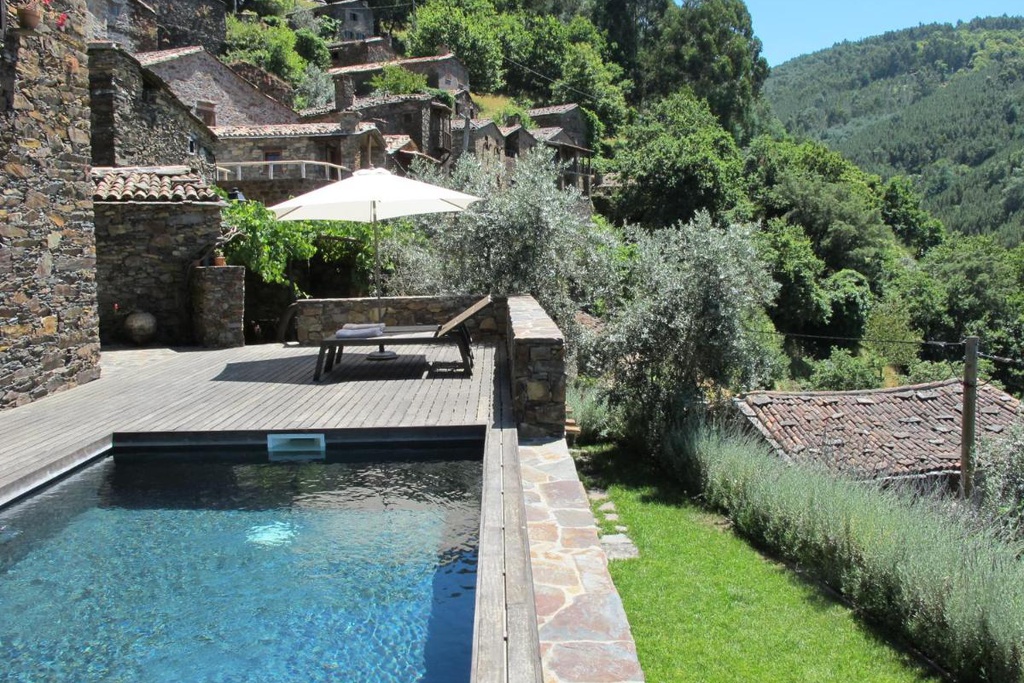
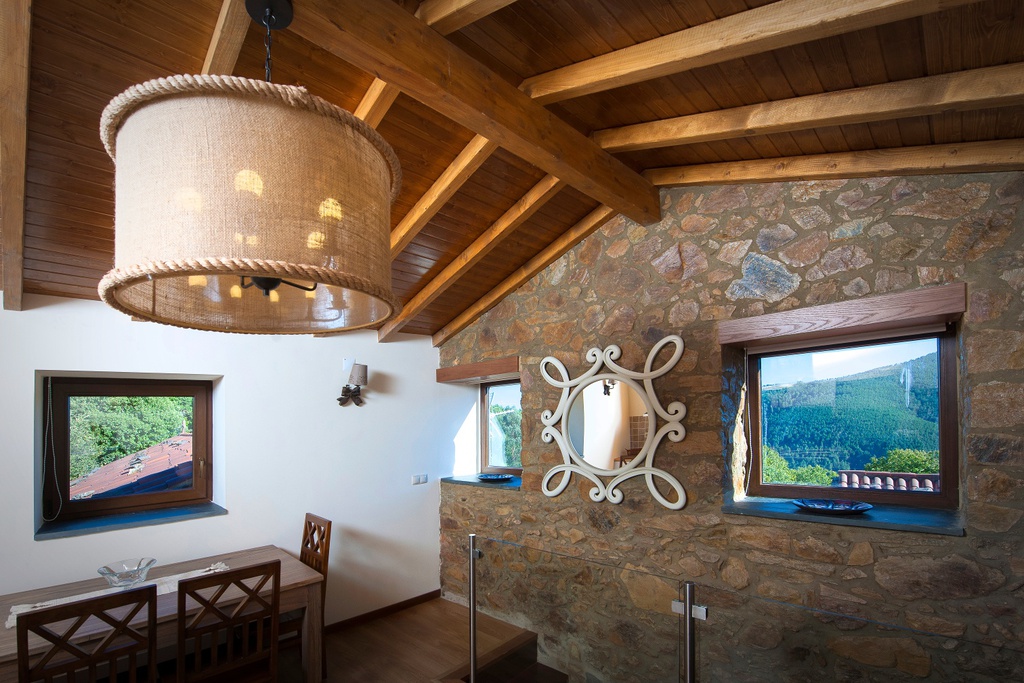
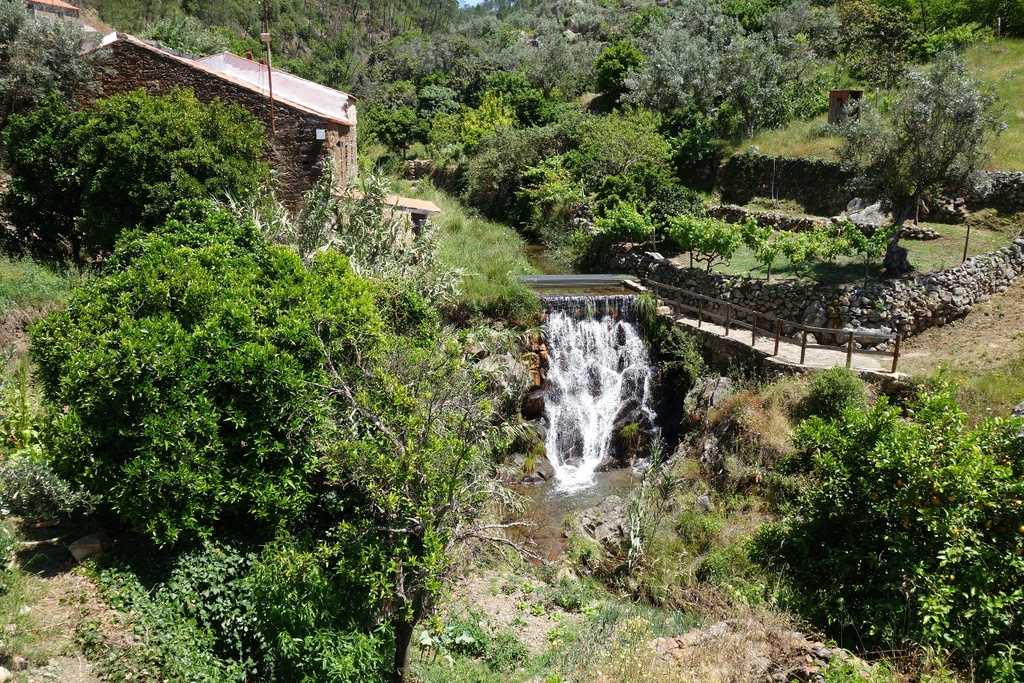
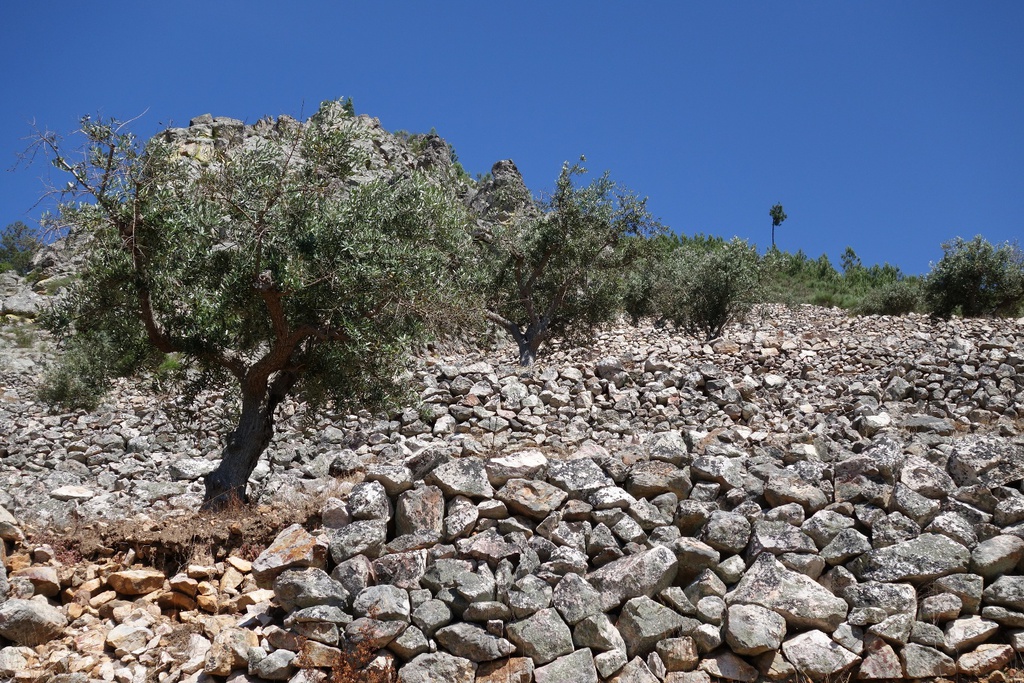
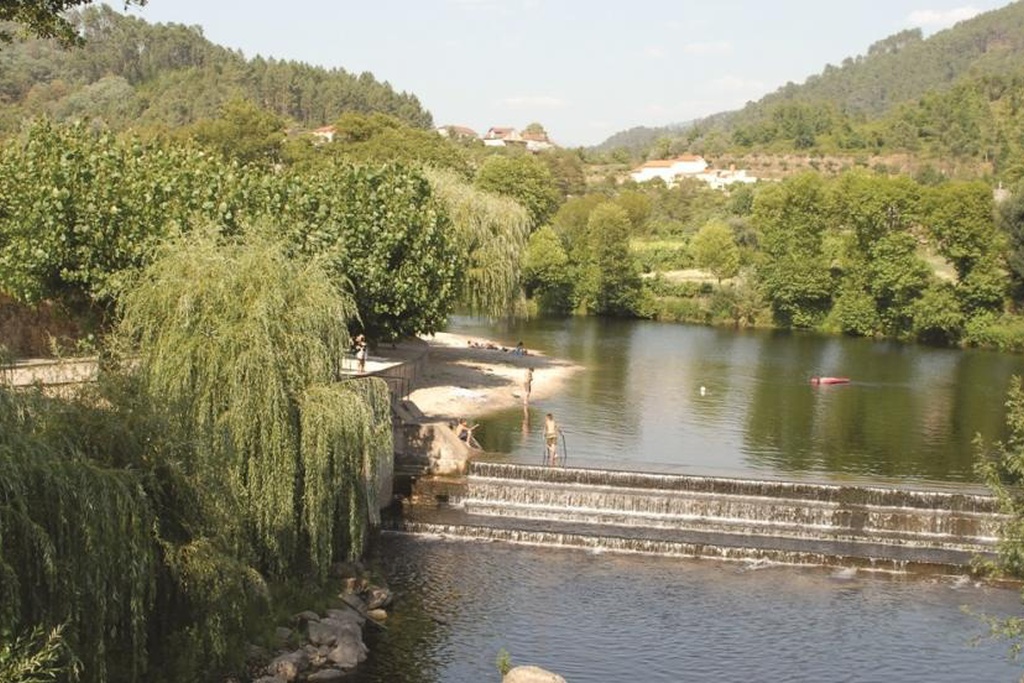
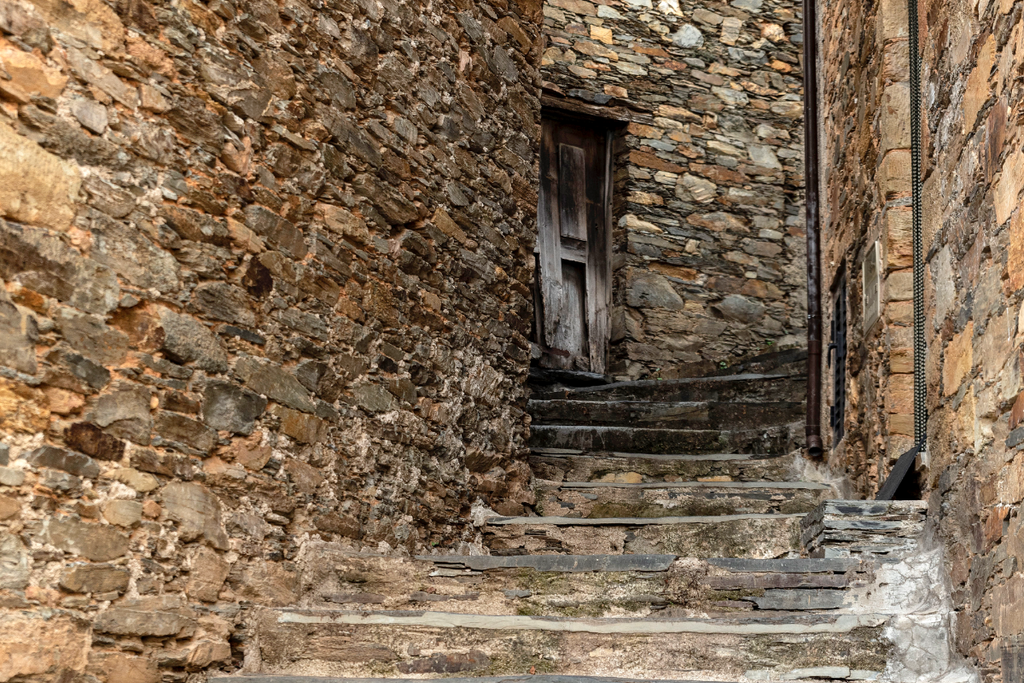
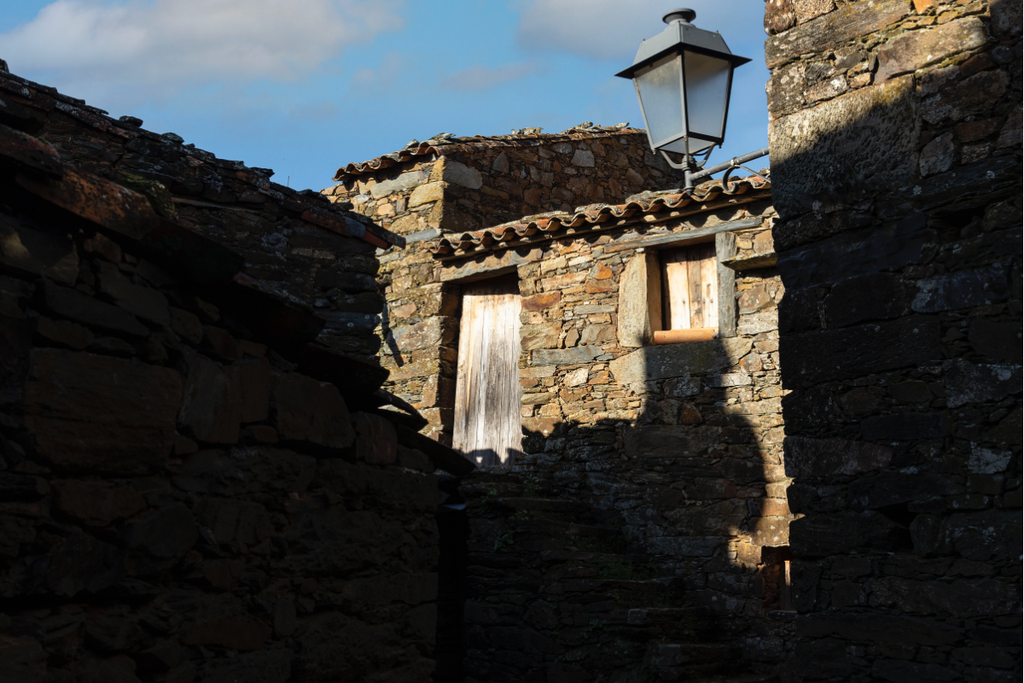
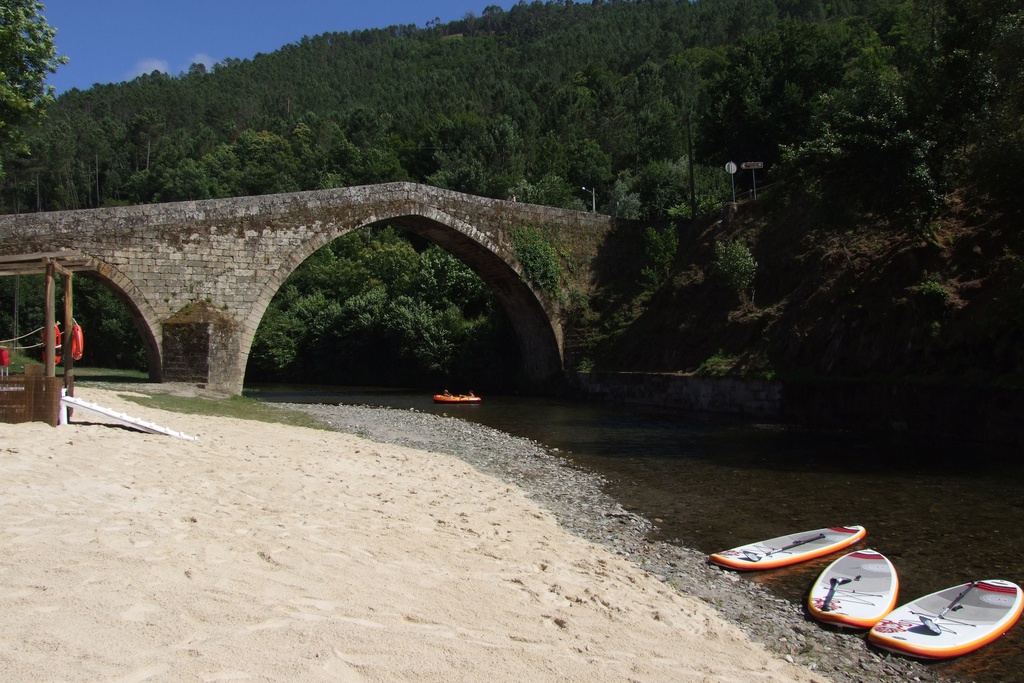
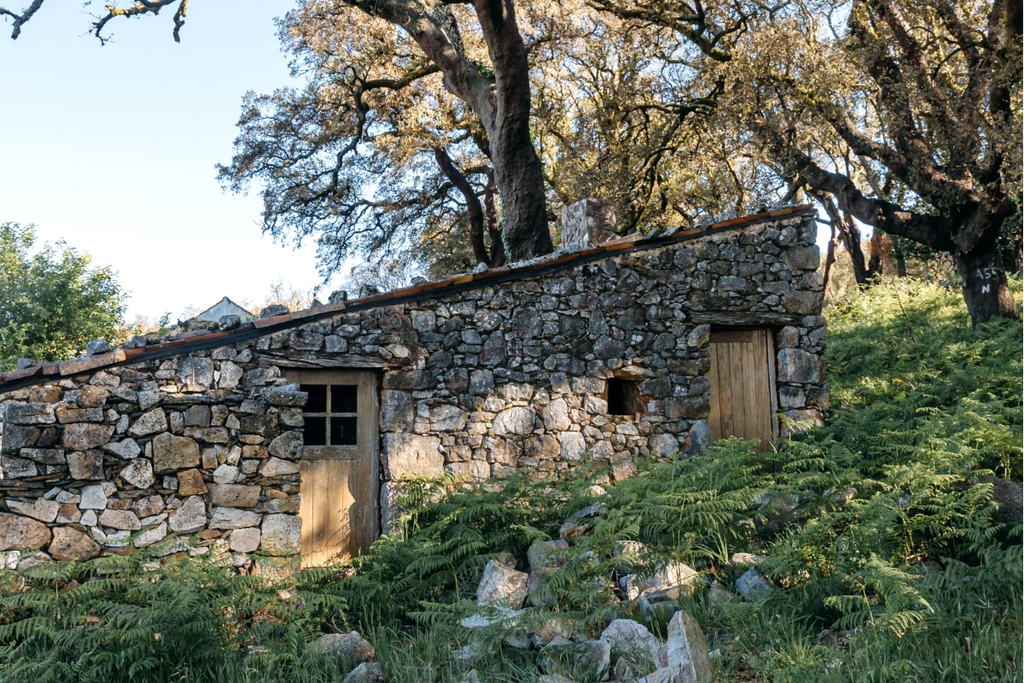

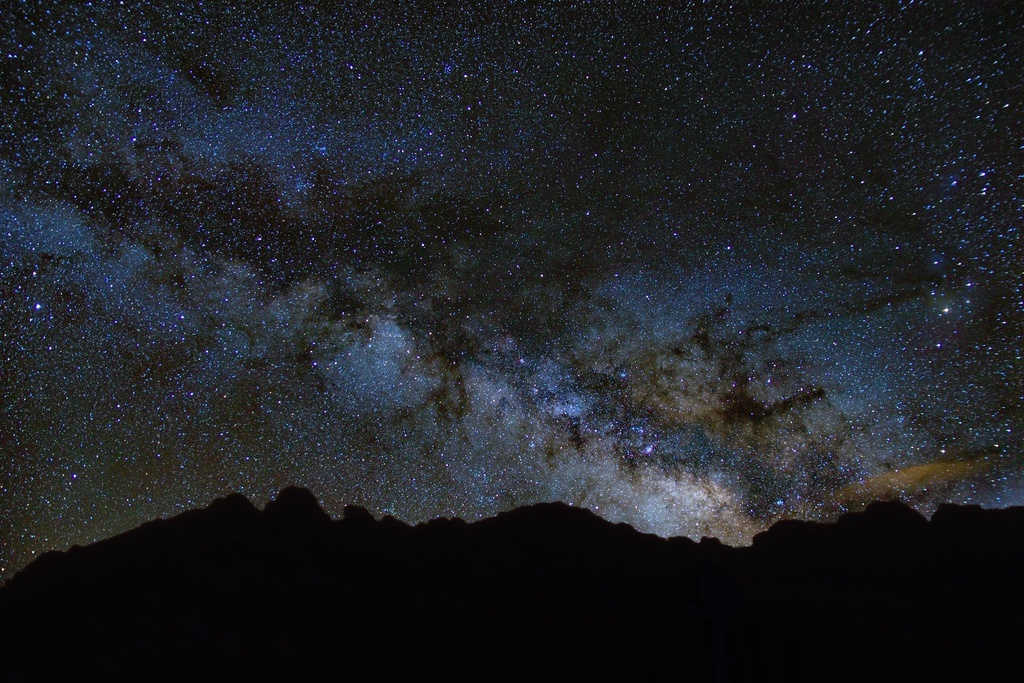
![Irrigating Cova da Beira [GRZ - MTB Sector 2]](/media/filer_public/70/2b/702bc022-591a-4249-a792-769c31f667a2/aldeias-xisto-aldeias-xisto-irrigando_a_cova_da_beira_peso__barco_gr33_-_grz_etapa_6_ssc6w0b.jpg.1024x683_q95_crop_upscale.jpg)
![Mining Territory [GRZ - MTB sector 3]](/media/filer_public/55/7b/557b2251-626f-458d-97c4-76f96a6e4f7c/aldeias-xisto-aldeias-xisto-terra_mineira_c381rea_de_descanso_do_barco__cabec3a7o_do_pic3a3o_gr33_-_grz_etapa__mam9mil.jpg.1024x683_q95_crop_upscale.jpg)
